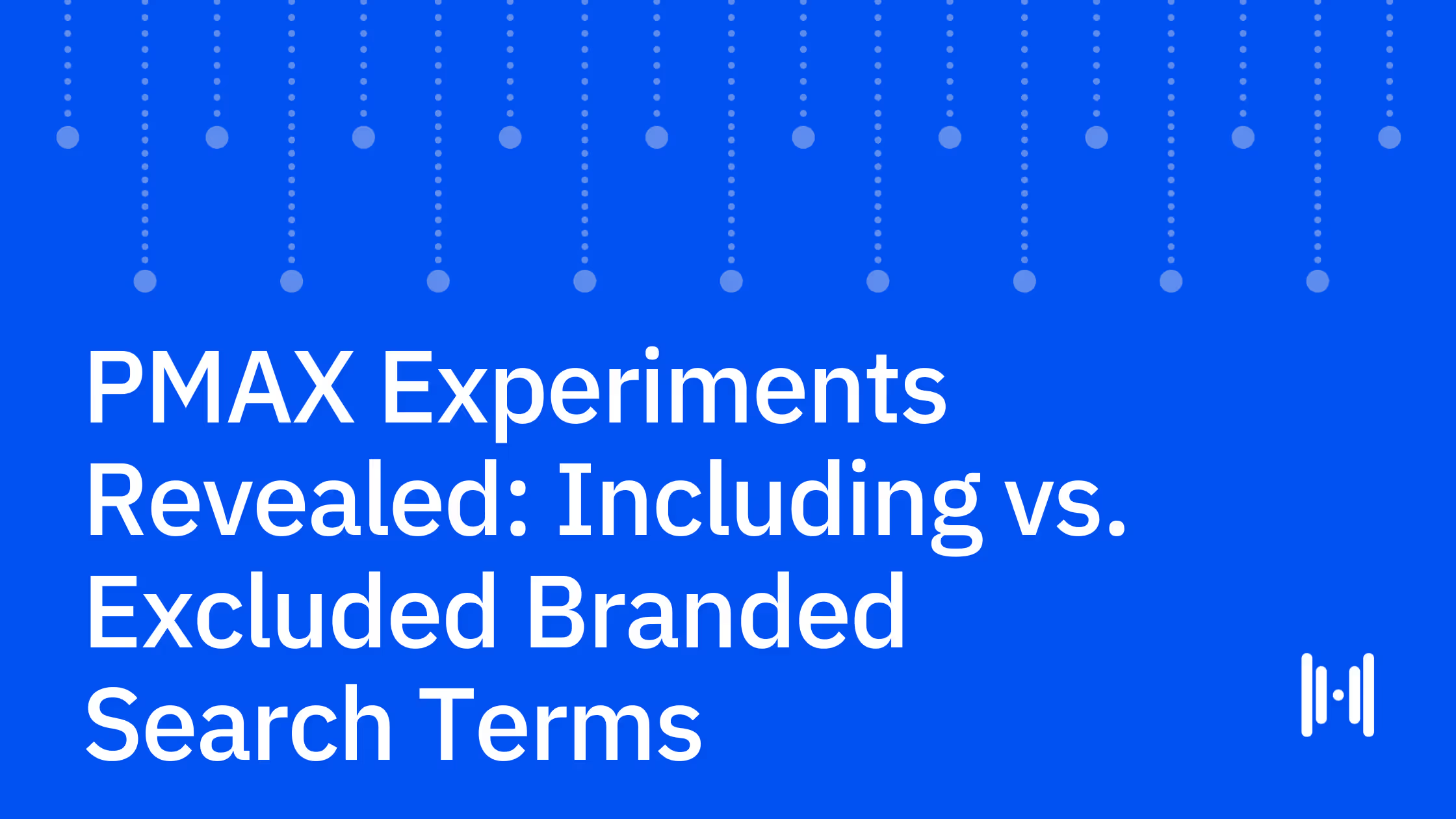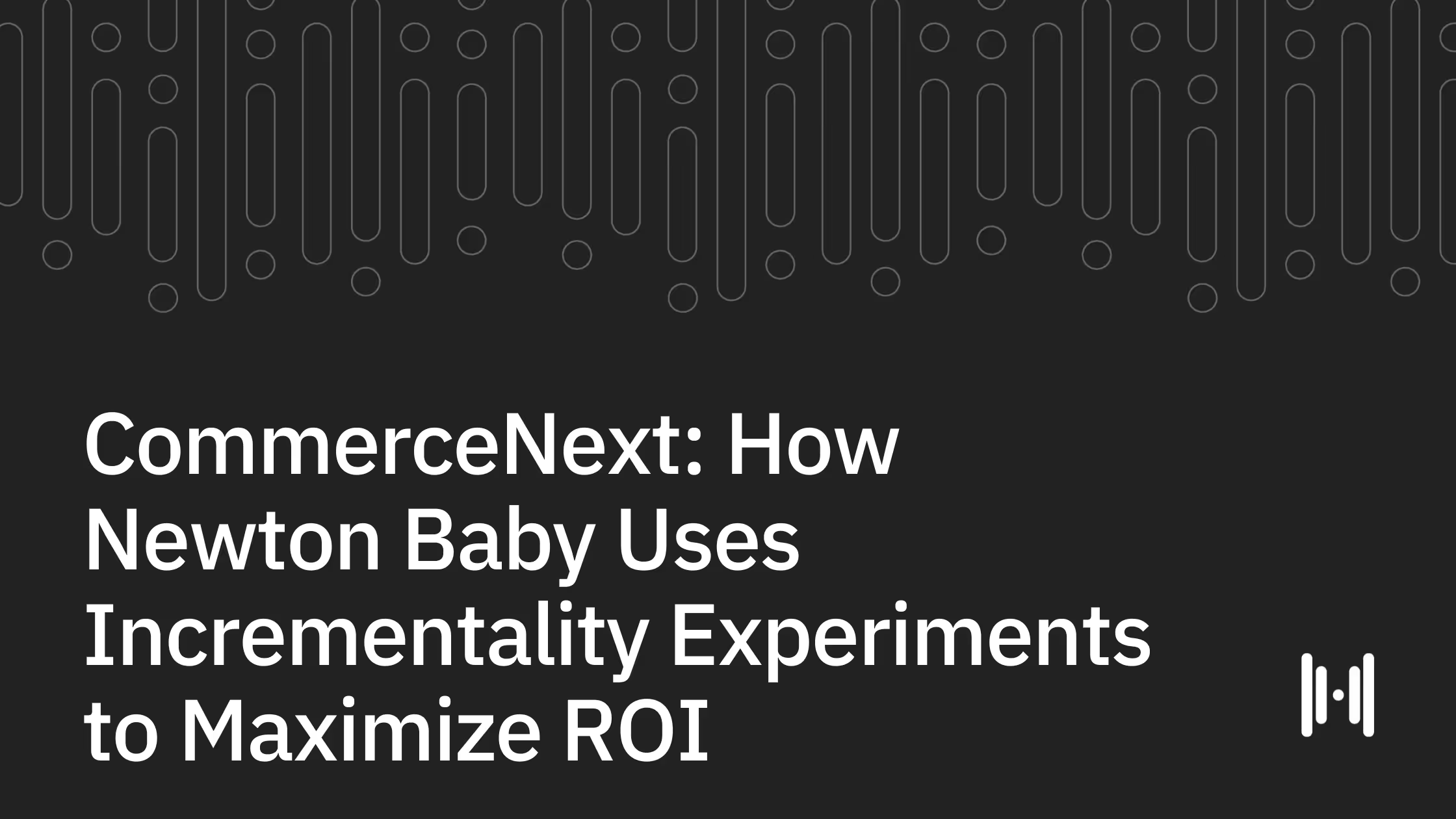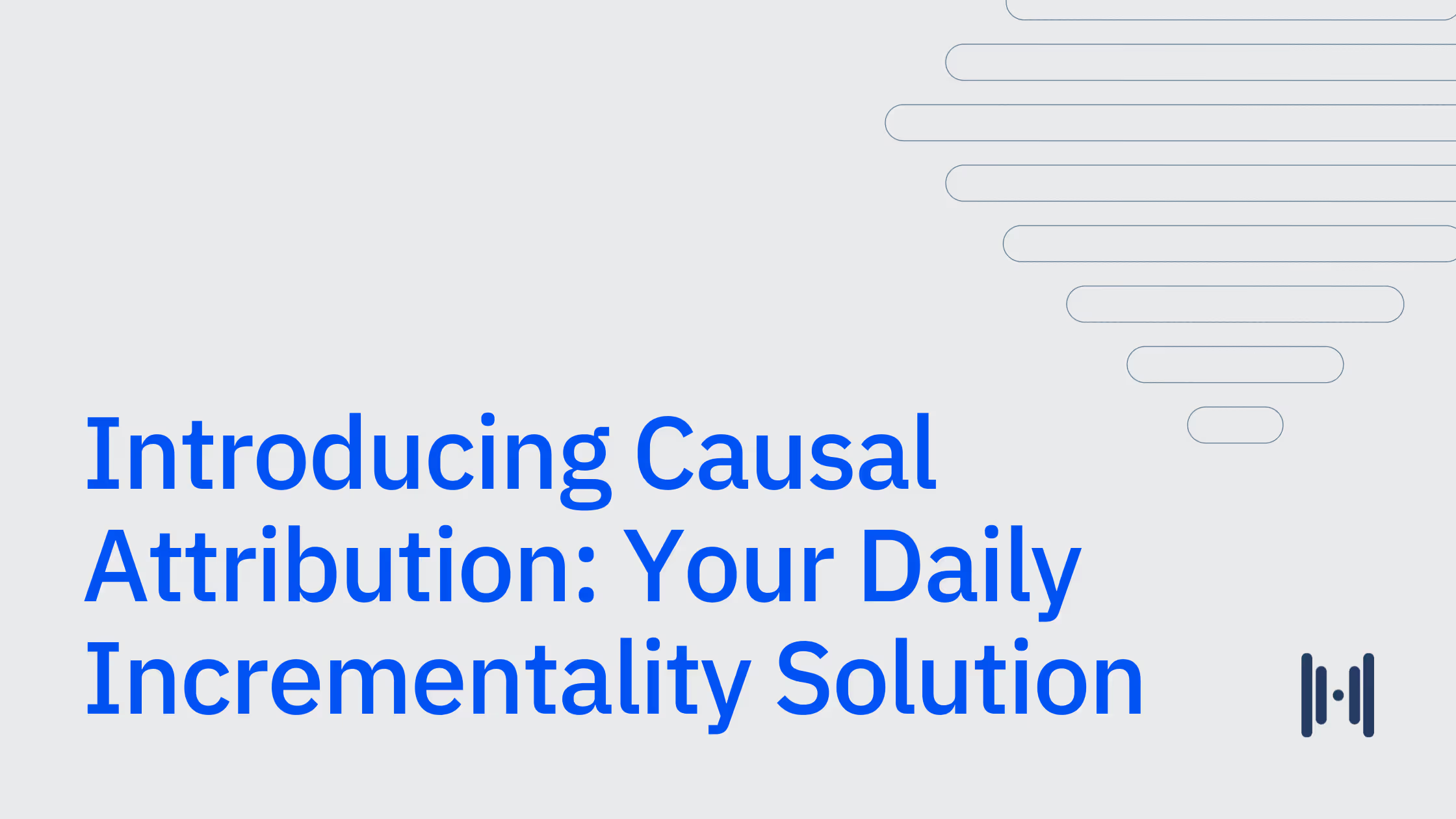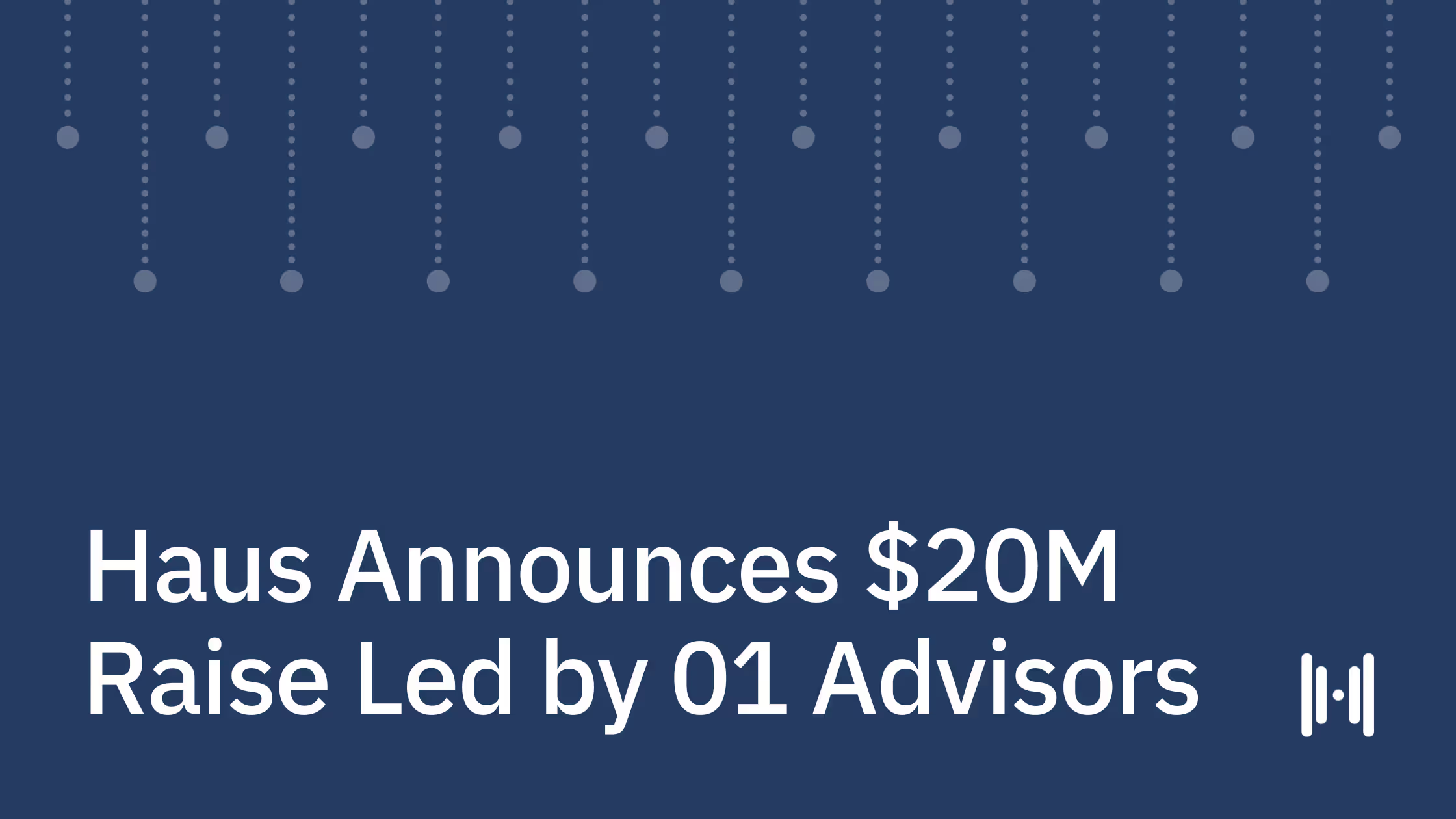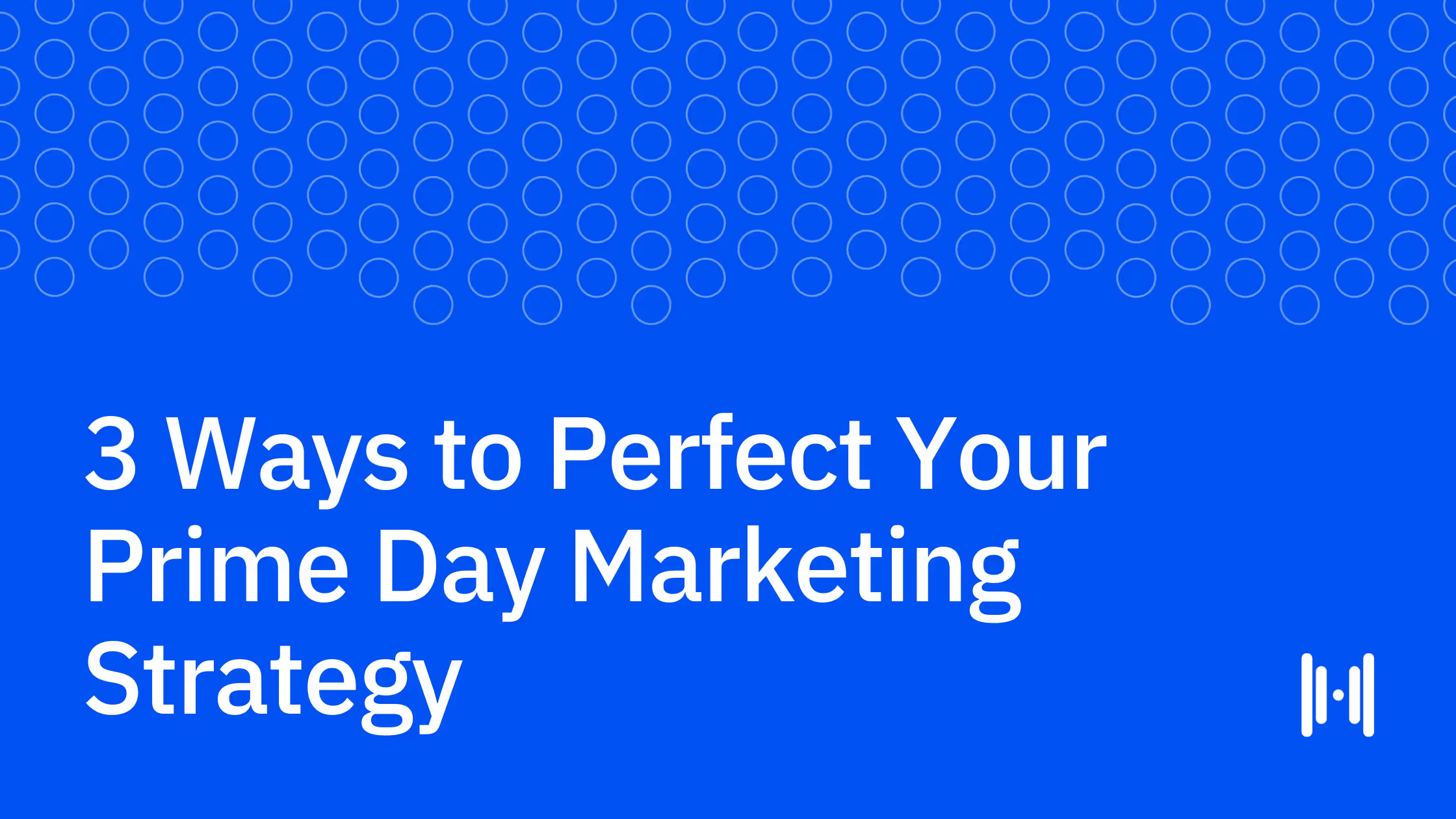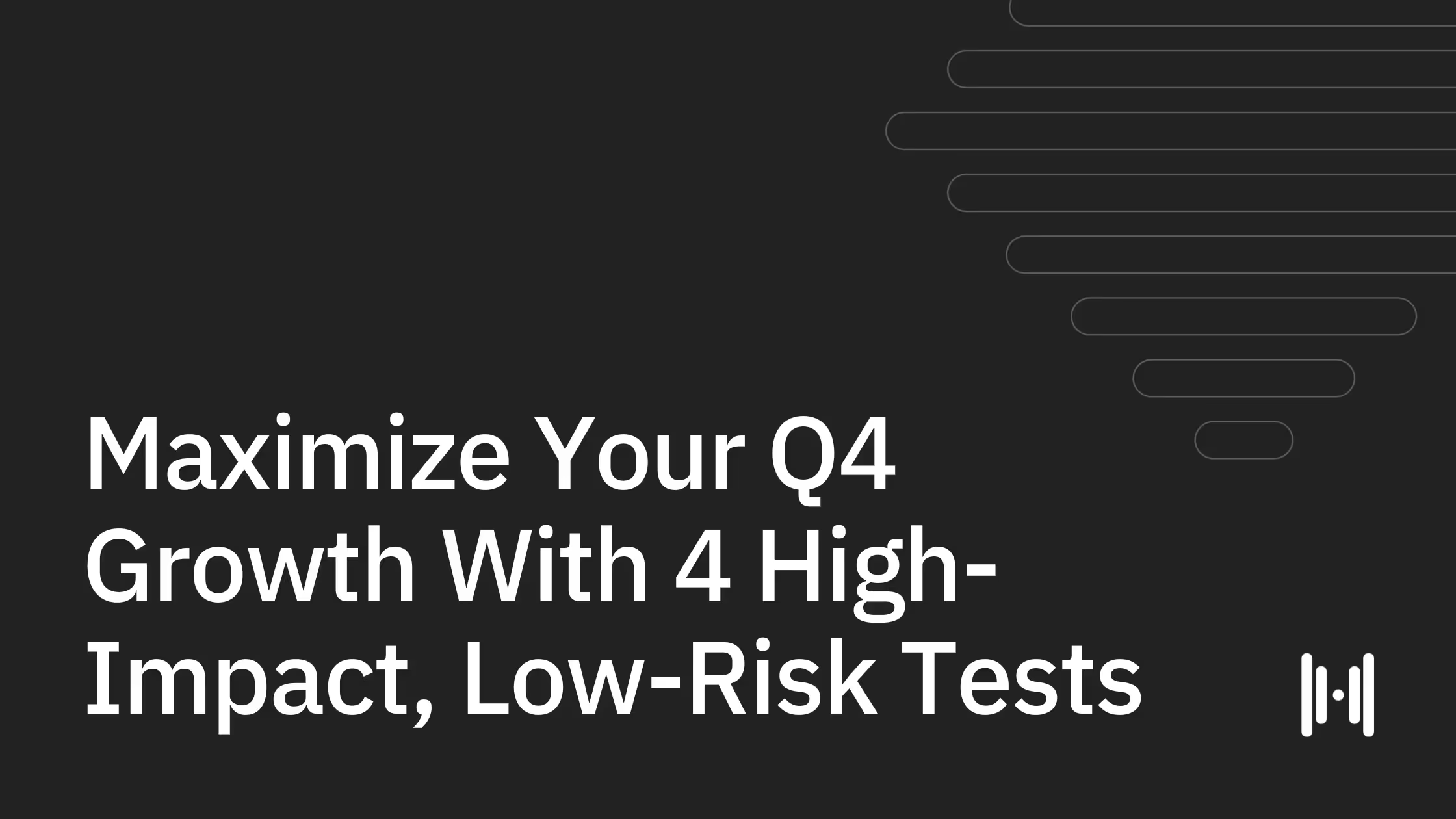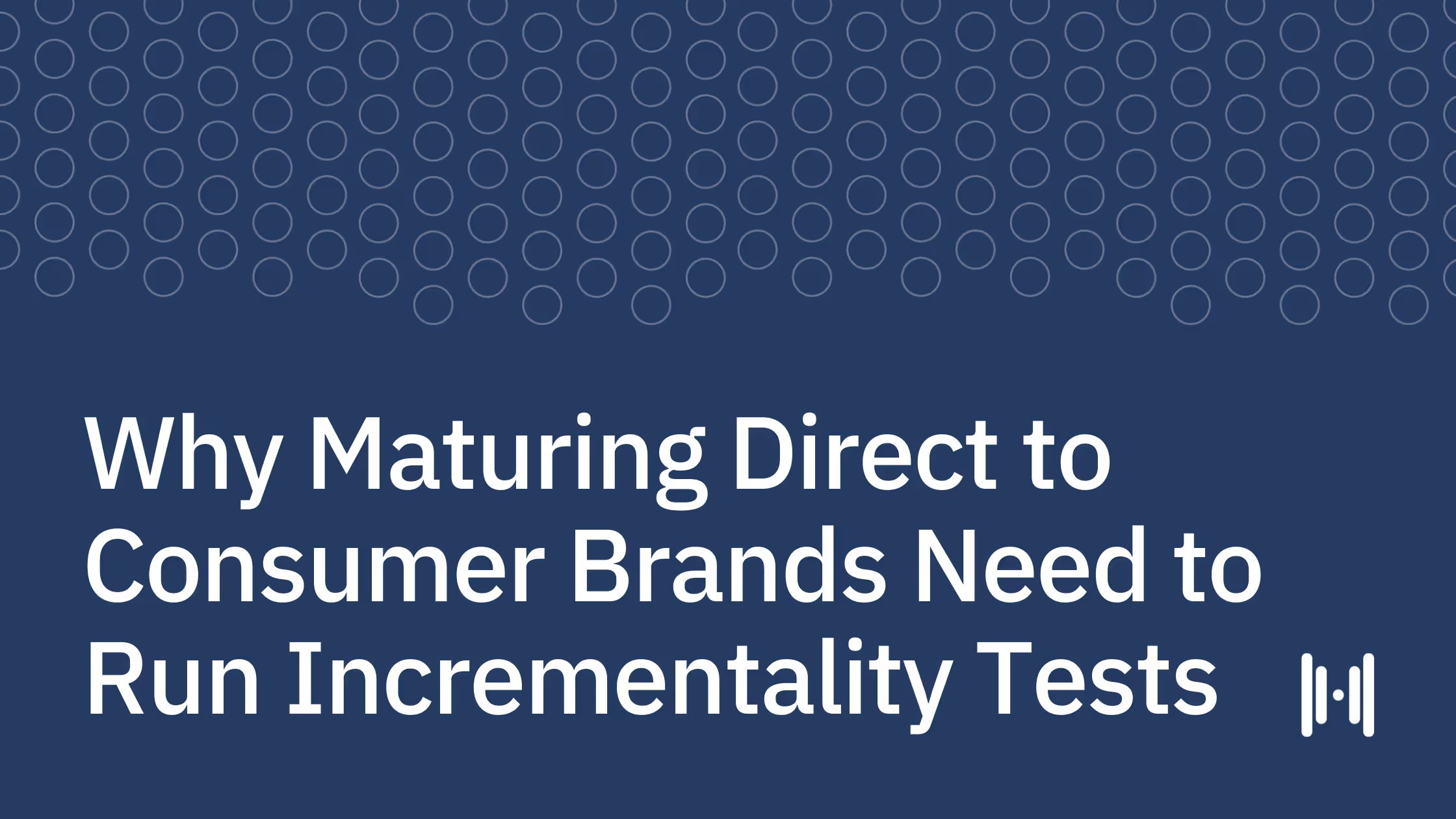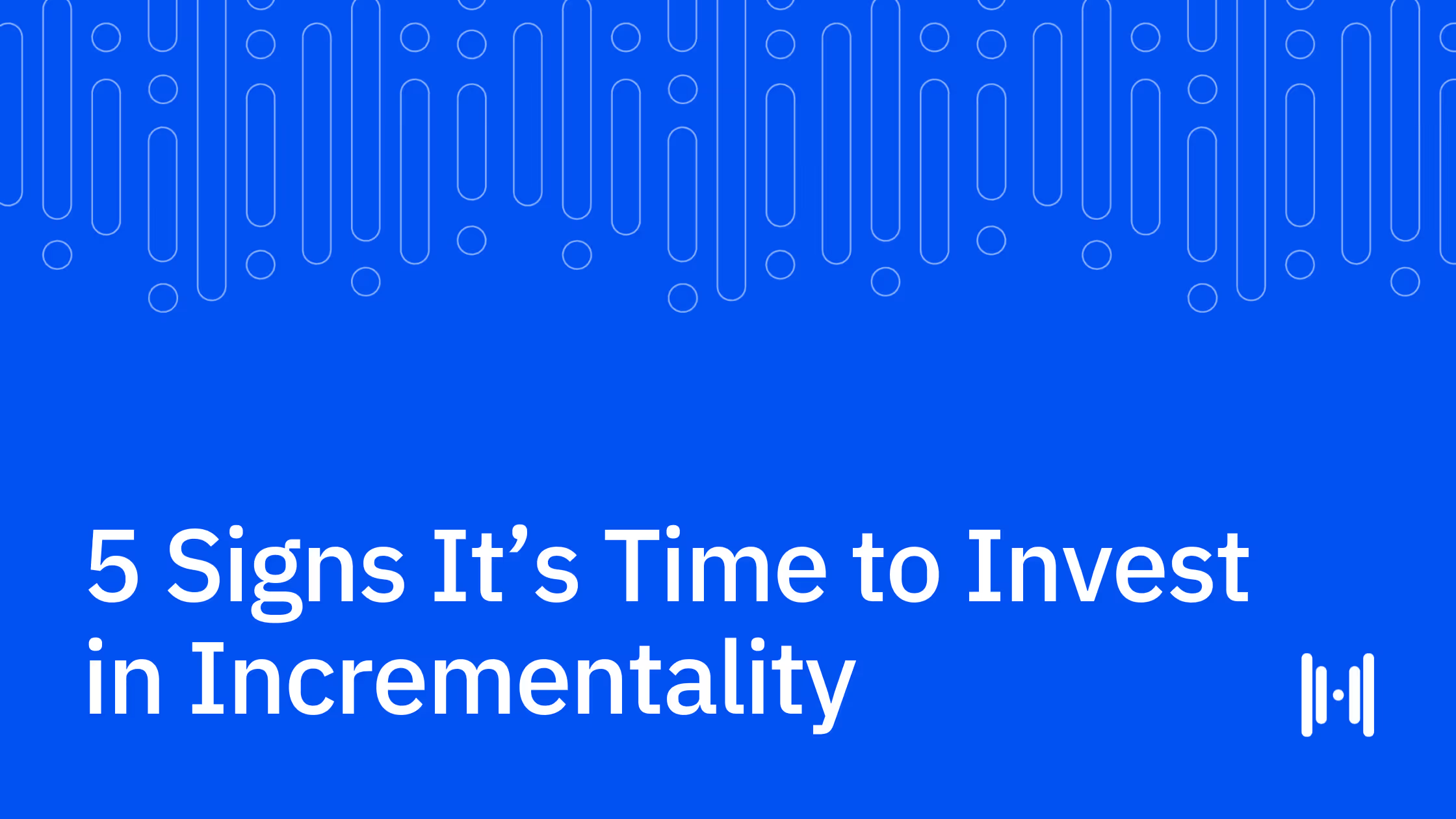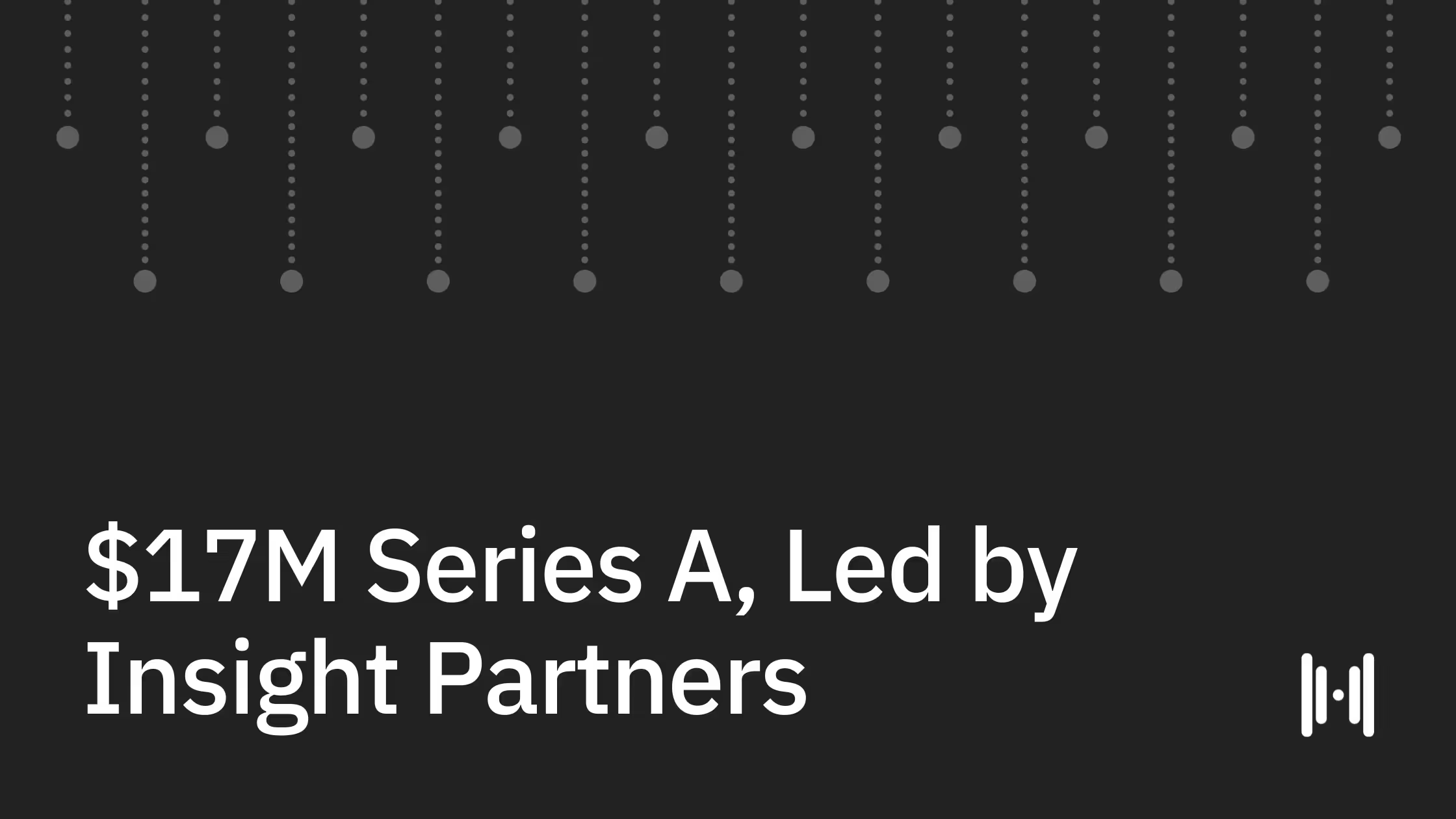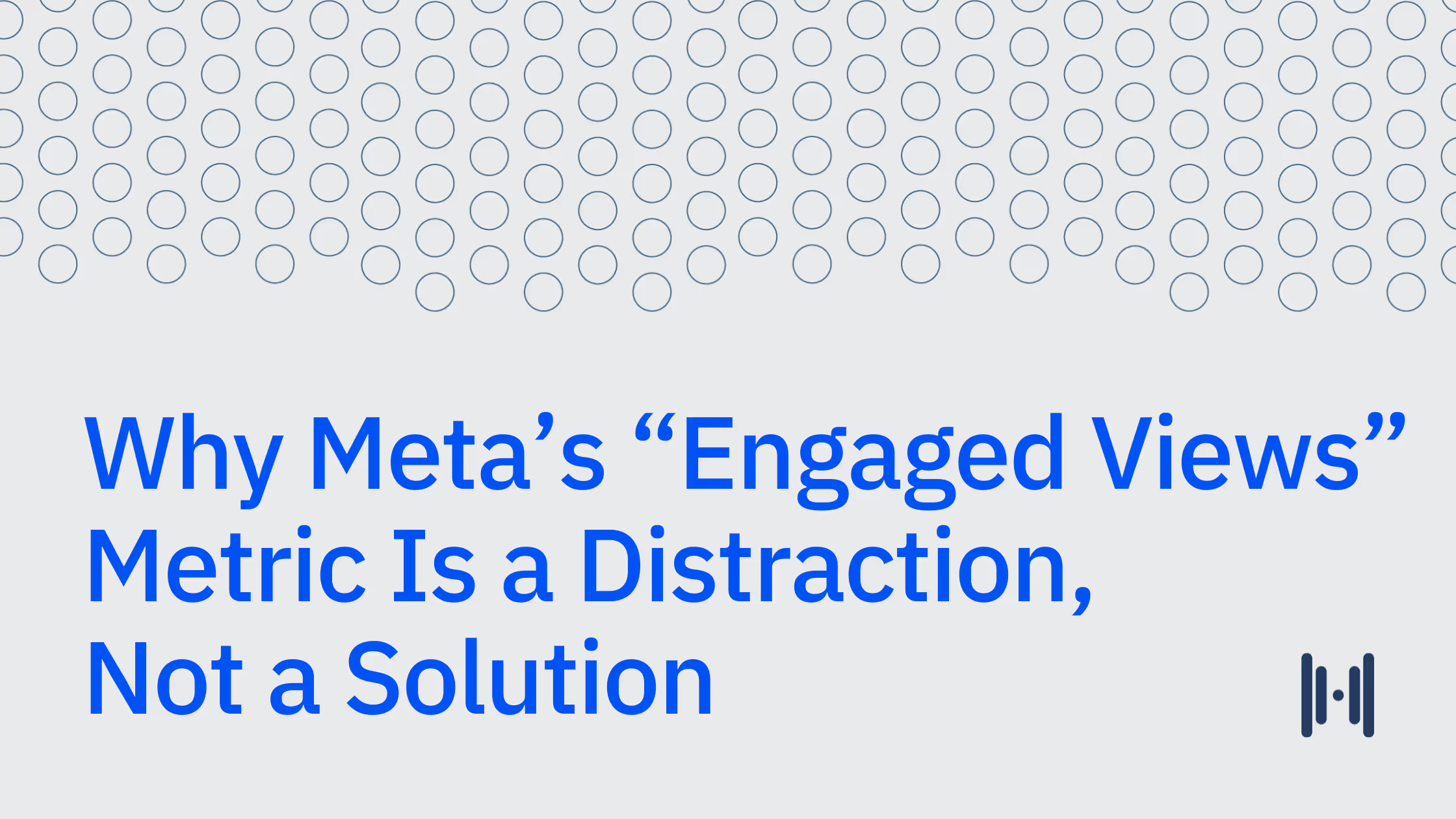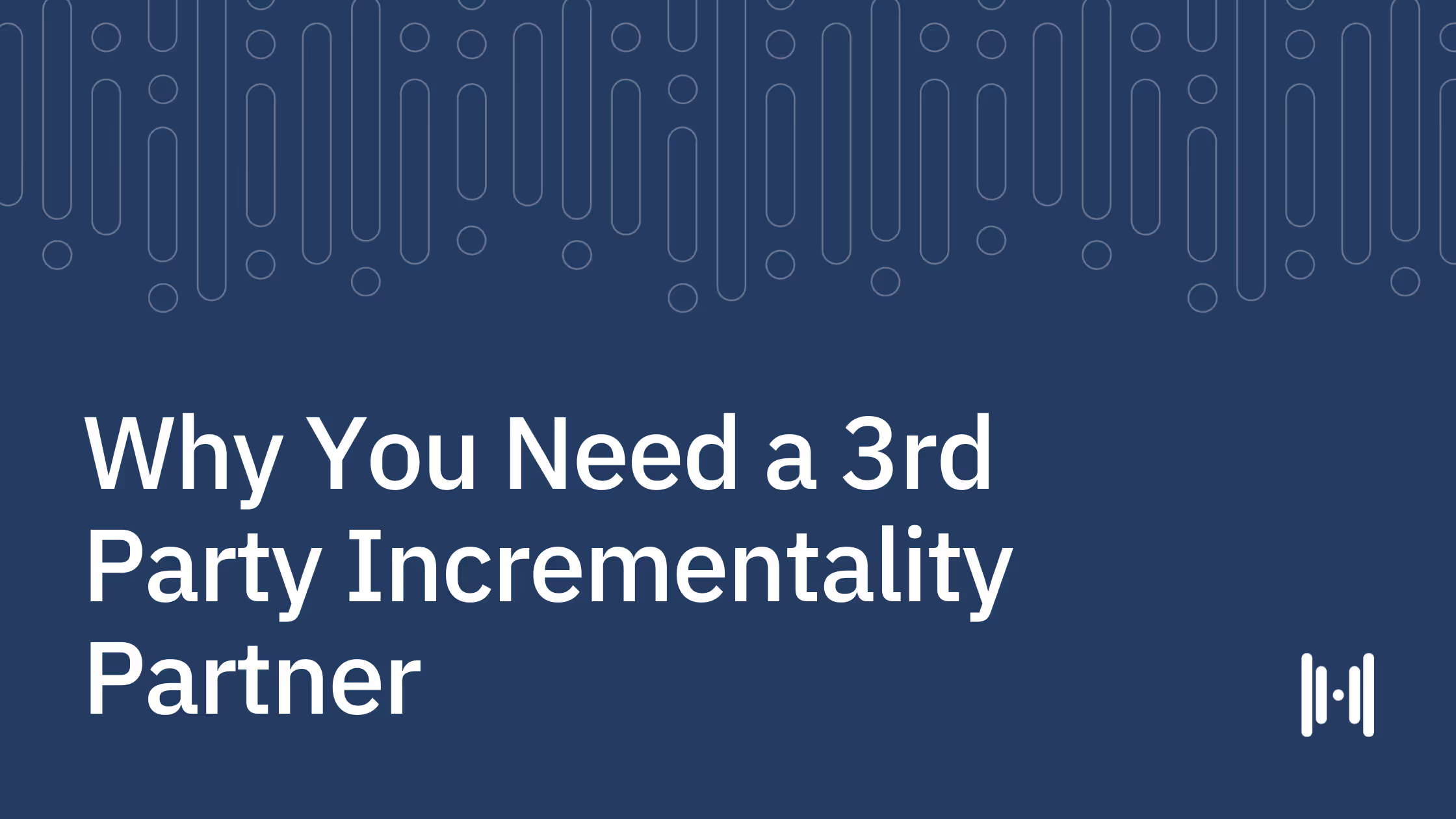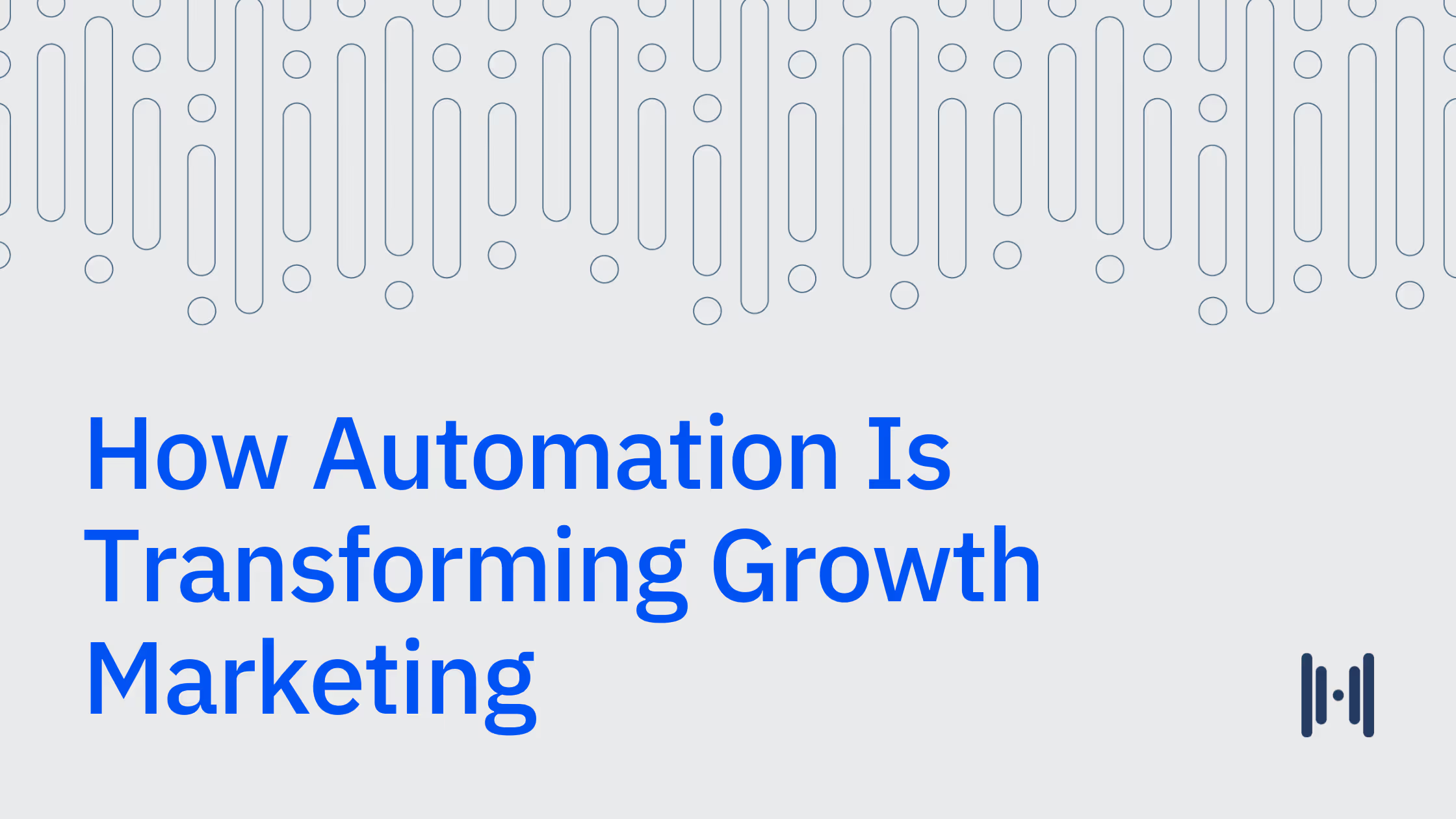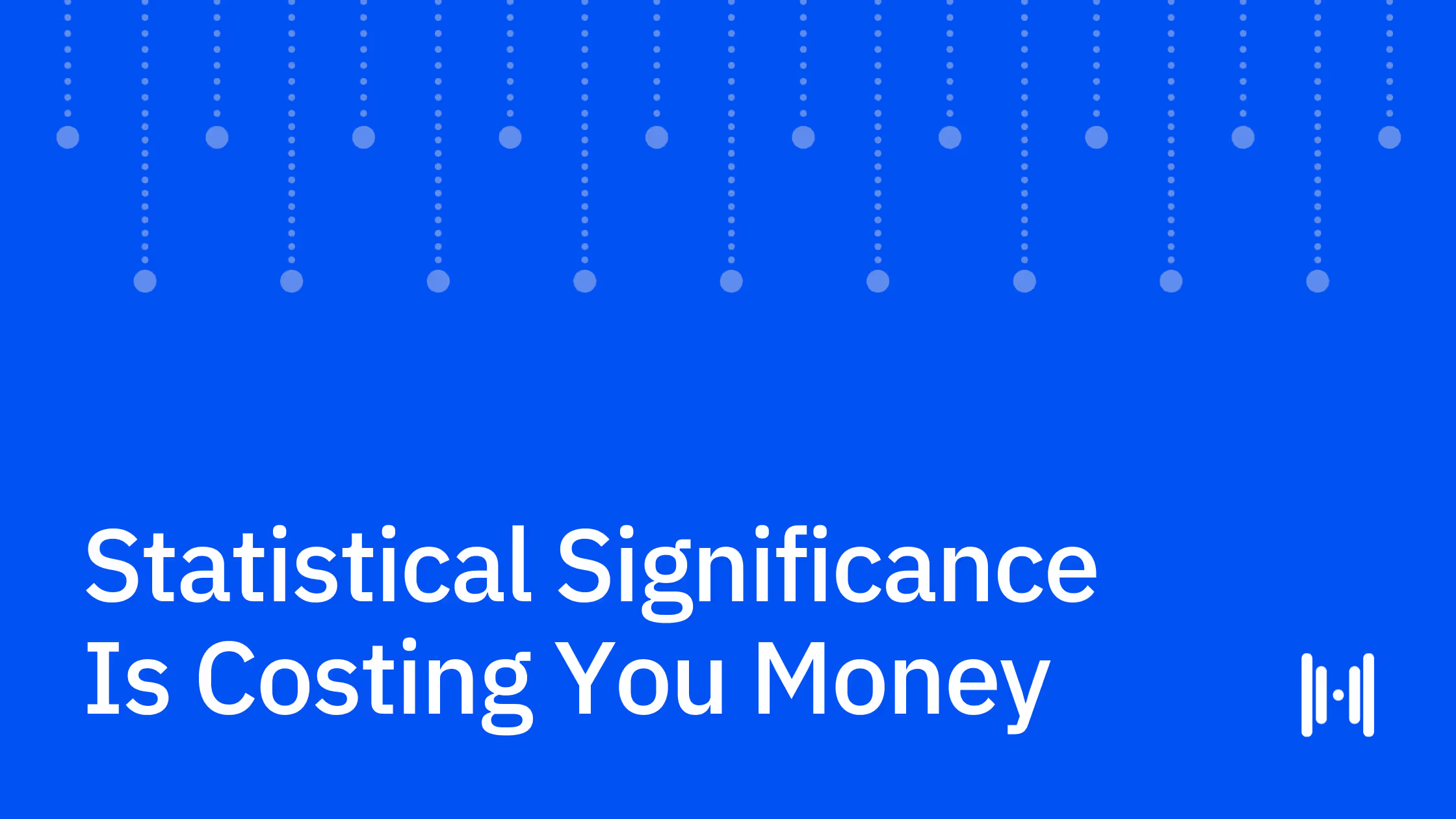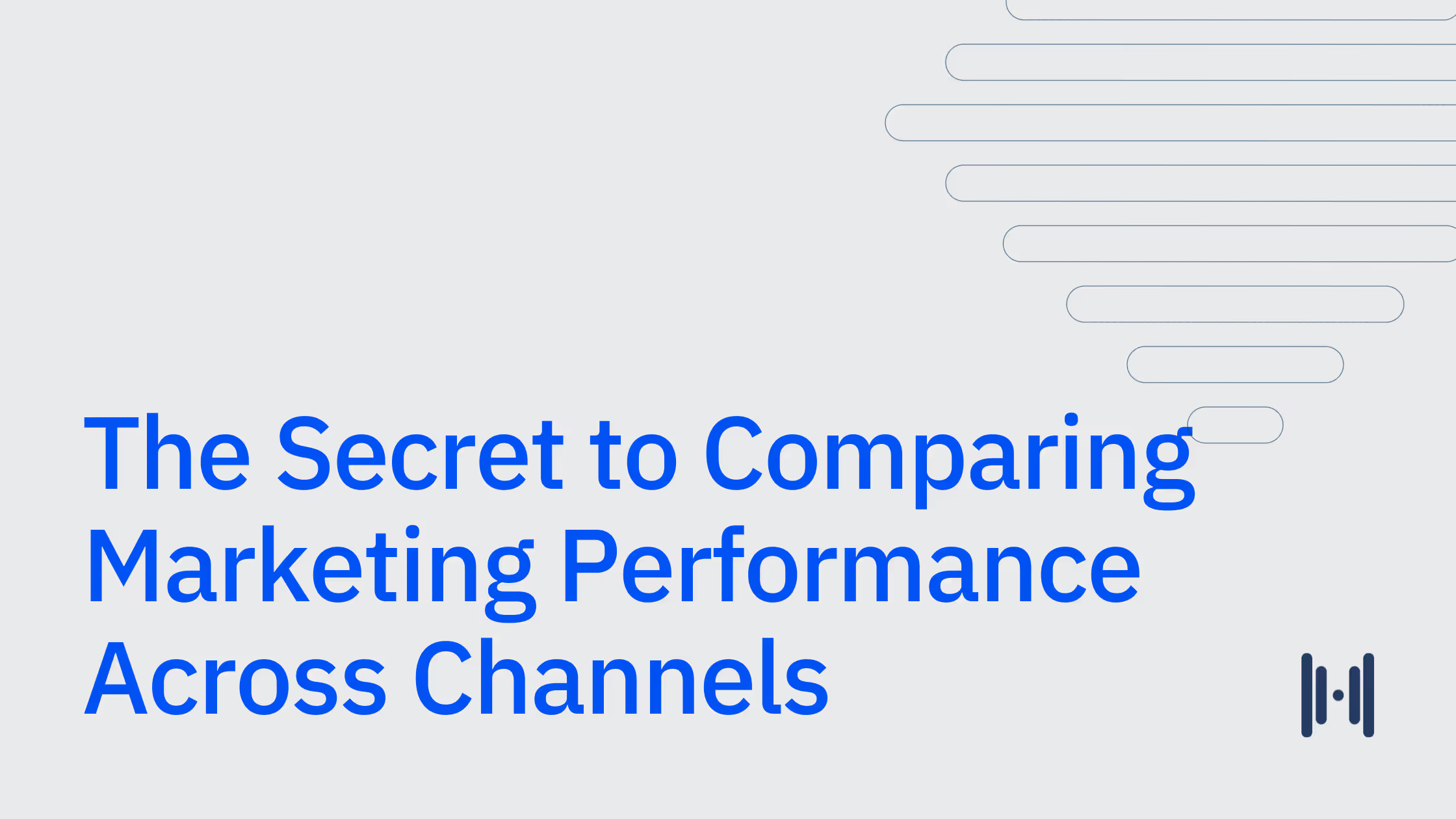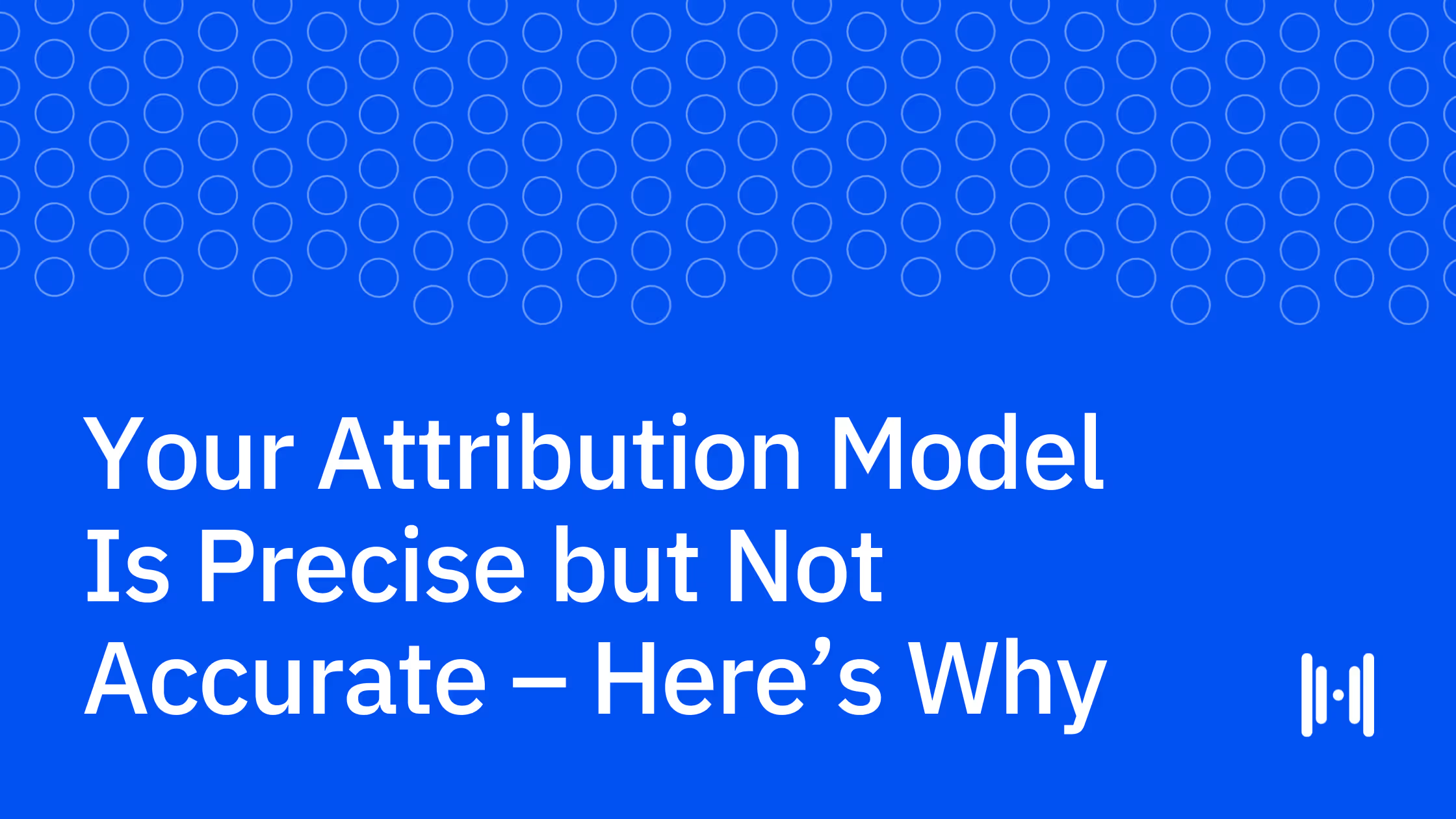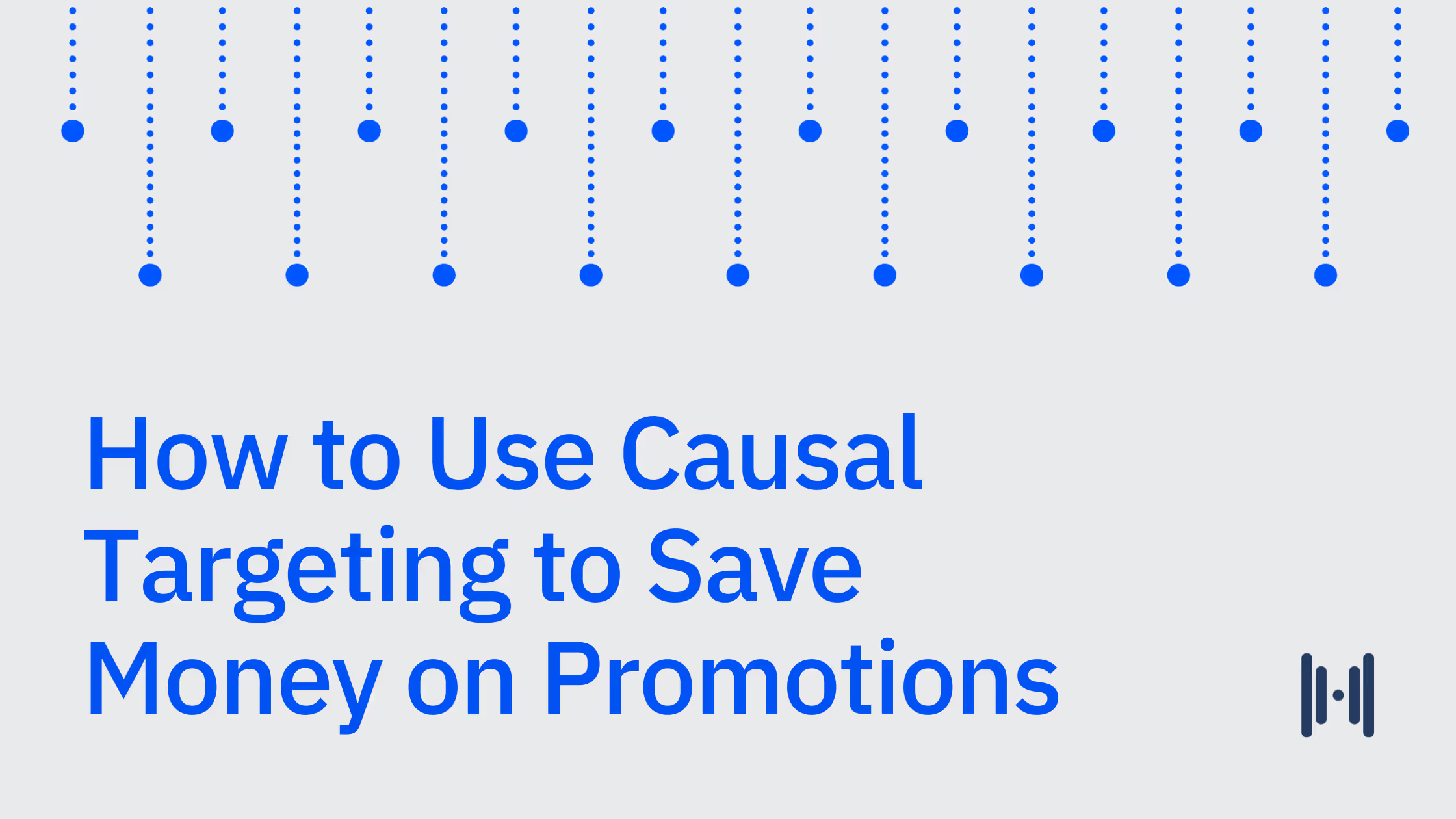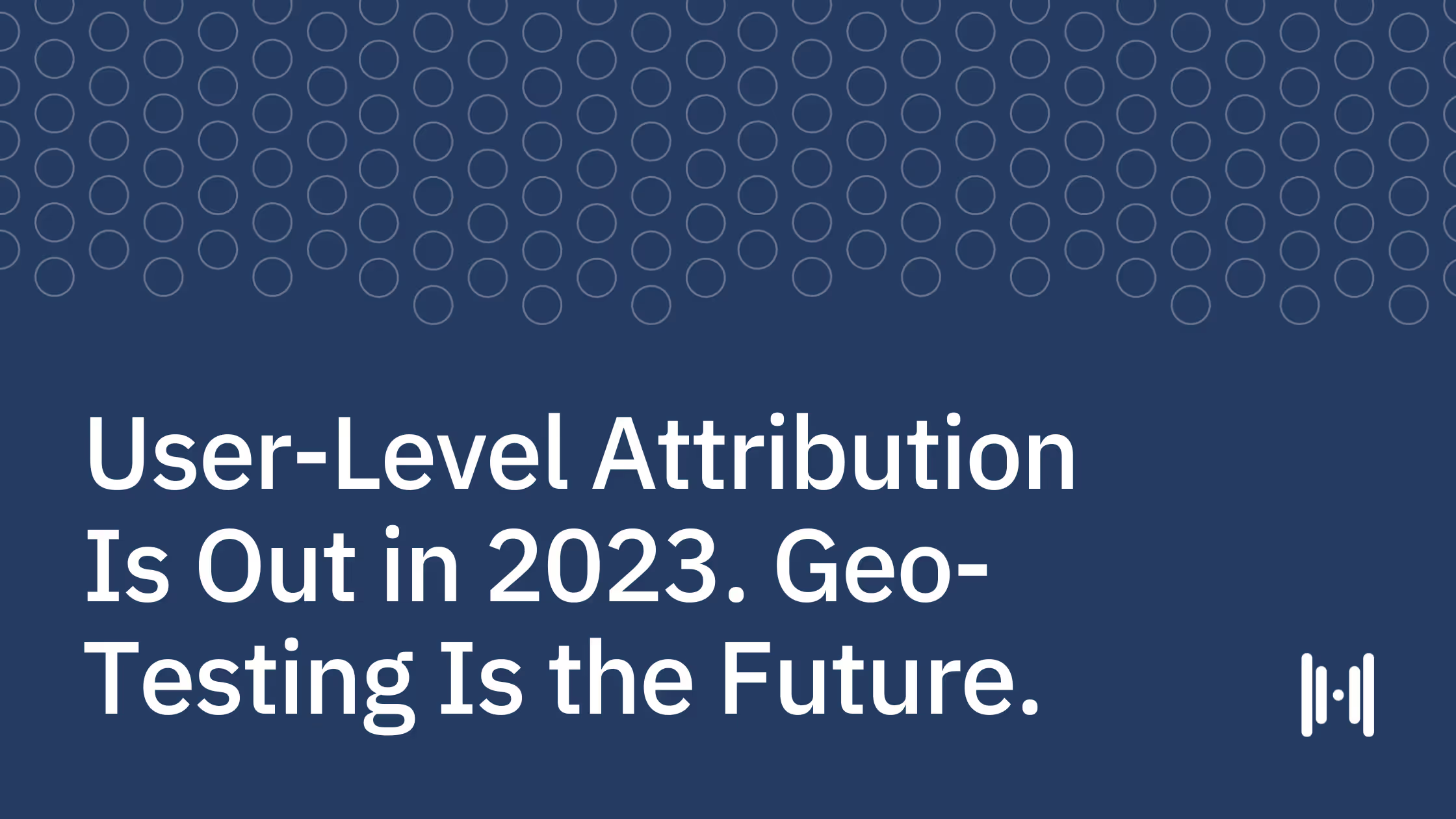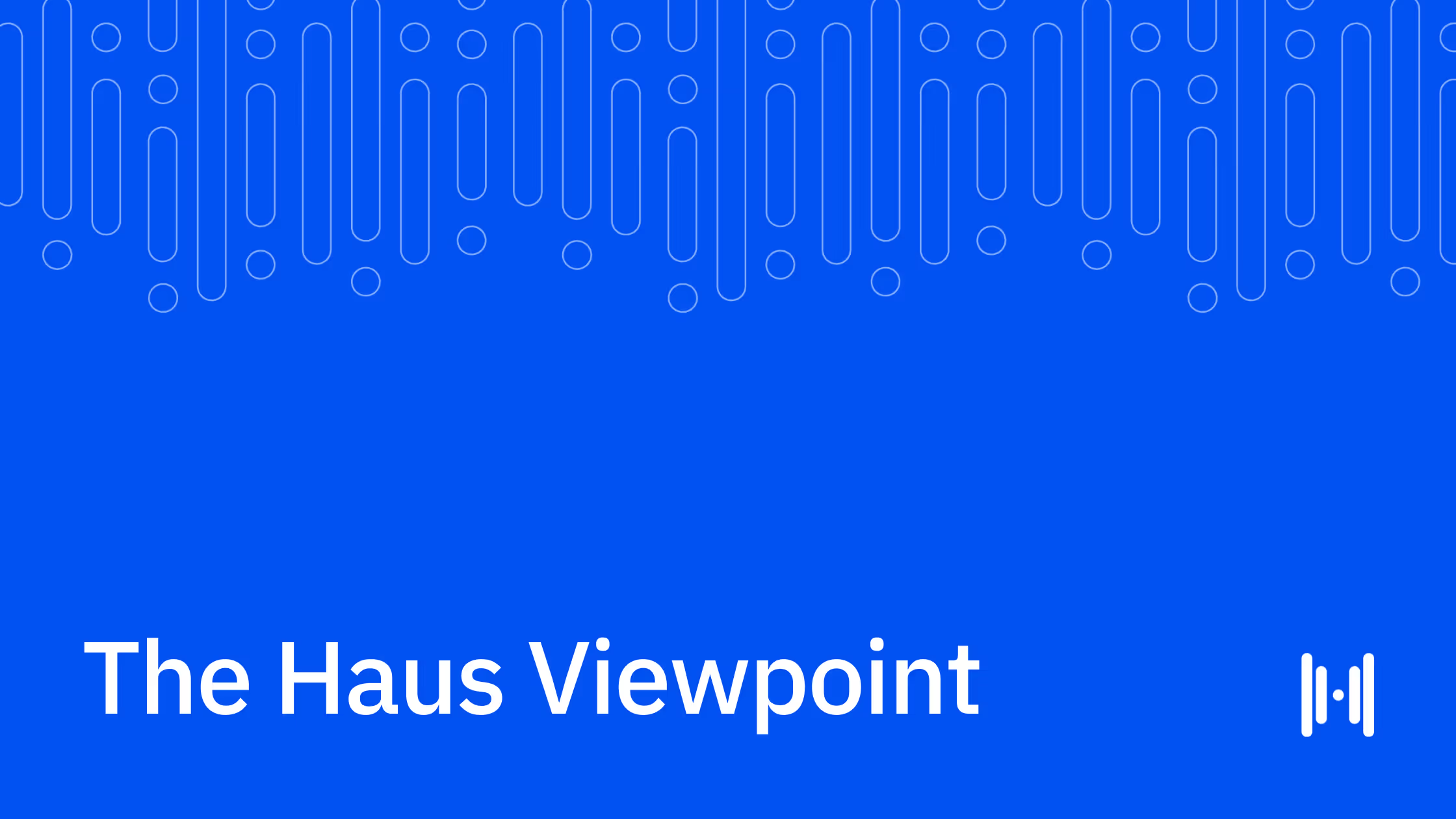Causal Intelligence: How AI Works in Haus
Haus' AI-driven platform unleashes scientific rigor, reduces manual errors, and makes complex analytics accessible and actionable for every marketer.
•
Nov 21, 2025
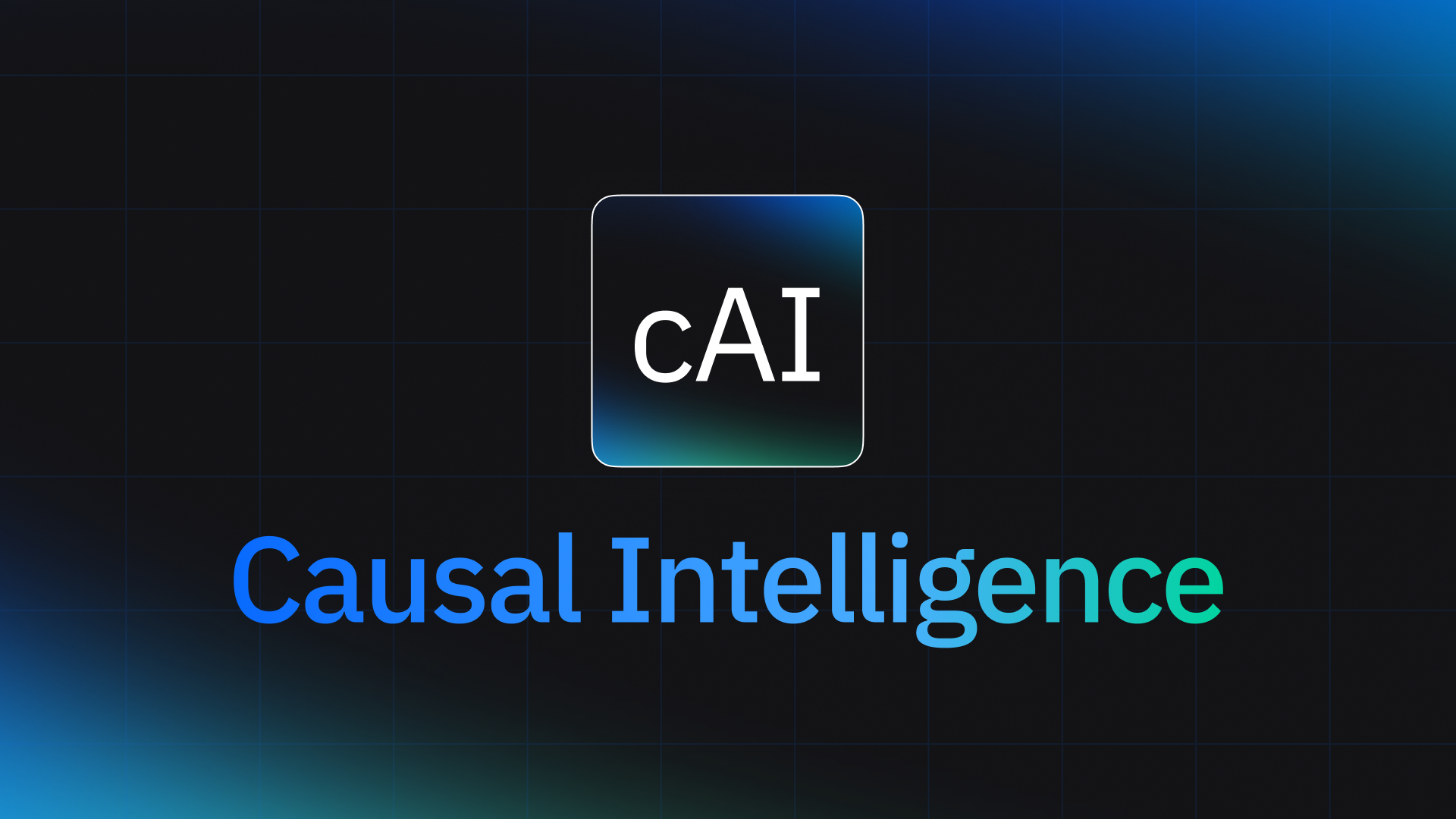
From the first experiment that was run on Haus to the thousands that have followed, brands have been able to rely on state-of-the-art artificial intelligence and machine learning systems throughout the Haus experience. Haus’ AI-driven platform is more than a collection of smart features – it’s a cohesive, purpose-built network we call Causal Intelligence.
How does Haus use AI?
Think of Causal Intelligence – or cAI – as the sum total of how we use AI at Haus. Causal Intelligence is a proprietary approach to embedding advanced artificial intelligence and machine learning throughout the marketing experiment, measurement, and optimization journey.
This layer of AI is built upon a foundation of scientific and measurement expertise. Haus economists like Joe Wyer, Philip Erickson, Vanja Dukic, and Eric Hayward have worked together with Haus’ engineering team to ensure that every experiment in Haus is rooted in explainable econometrics and causal inference models.
This uniquely fastidious approach to science – combined with a vast historical experiment library – ensures that Causal Intelligence not only accelerates marketing ROI, but also supports brands in accurate, reliable, and efficient decision-making.
How Haus’ Causal Intelligence powers cutting-edge marketing measurement science behind the scenes
Causal Intelligence is woven into every major feature of the Haus platform, working both behind the scenes and front and center in the app to improve incrementality experiments, ensure scientific rigor, and help you work more efficiently.
cAI placebo testing
Haus uses iterative learning to run placebo tests on historical data before every experiment.
In the context of incrementality experiments, a placebo test is a method used to validate the reliability of an experimental model by simulating a real experiment when no actual treatment or intervention has occurred. The goal is to check whether the model detects any significant effects – "lift" – when there should be none. In other words, placebo testing helps ensure the model isn't just picking up noise or random fluctuations in the data.
Haus automatically runs thousands of placebo tests on every experiment with Causal Intelligence, reducing false positives and increasing your confidence in the results.
cAI synthetic controls
Synthetic controls are used in GeoLift and Fixed Geo Tests. cAI builds synthetic control groups for every experiment, establishing more accurate counterfactuals than traditional methods and enhancing the causal applicability of experiment results. If that sounds like word salad, let’s break it down:
Synthetic controls are a statistical method used to estimate what would have happened to a group or region if it had not received a particular treatment (think: a marketing campaign). This is done by creating a "synthetic" version of the treated group using a combination of control regions that closely mirror the pre-treatment behavior of the treated group. Haus cAI analyzes multiple models to establish the most accurate counterfactual, similar to how meteorologists might consider multiple models when tracking a hurricane to identify the most likely outcome.
This saves data scientists hours or days of manual work, and delivers unmatched accuracy for faster, trustworthy decisions rooted in causality.
cAI outlier detection and anomaly handling
Causal Intelligence automates advanced outlier detection and anomaly handling, preventing extreme data spikes from skewing campaign insights. We programmatically iterate through industry-trusted methods for delivering peak precision in experiment results, and have them pressure-tested across an established framework.
This feature provides an unbiased, reliable assessment of marketing impact, with no human bias towards the “best looking results” — and allows teams, from marketing to finance, to trust that their test results will translate to business outcomes.
Causal Intelligence powers industry-leading incrementality experiments and marketing optimization
It’s not just the behind-the-scenes science where Causal Intelligence shines. Haus customers experience the power of Causal Intelligence front and center in a variety of flagship products and features, like Causal MMM and Haus Copilot.
Causal MMM: AI-powered marketing optimization
Causal Intelligence fuels Causal MMM as your budget planning processor to get actionable insights that boost incremental efficiency of marketing spend.
Starting with model building, cAI uses machine learning-based meta analysis to identify patterns in our vast library of experiments that align with the nuances of your particular business. It develops insights from those patterns, supplementing your own experimental history to identify casual relationships between your marketing spend and business performance that you can trust are representative of your business, budget, and goals.
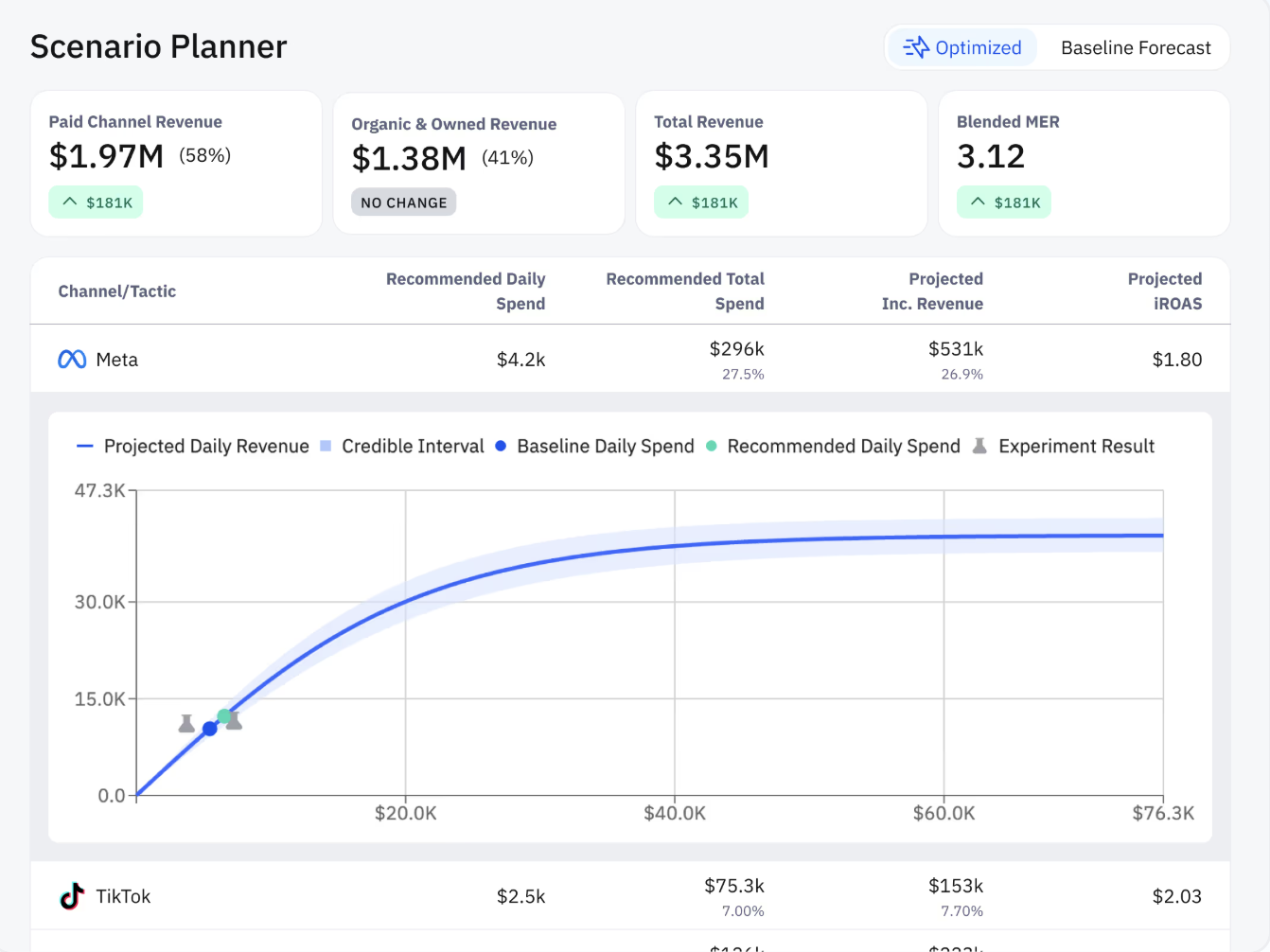
Causal Intelligence then acts as your planning partner as you look for efficiency gains within Causal MMM. Want to get the most out of your Black Friday/Cyber Monday spend? Just specify your time period and expected marketing budget. Under the hood, the cAI engine runs to guide you on where to dial up spend and where to pull back based on previous spend decisions. It will also tell you what changes you should expect to see in your channel-level and overall marketing efficiency – and project total KPI outcomes.
Want to take bigger swings? Causal MMM will identify channels that have the biggest potential upside to experiment on – all because of the hum of cAI.
Haus Copilot: AI-guided incrementality experiments
Haus Copilot brings together the power of large language models and Haus’ deep expertise in incrementality experiments to help you test, refine, and optimize your marketing spend.

Haus Copilot learns from historical data, suggests optimal test setups, and provides real-time, context-aware recommendations to you every step of the way. You can also use it for direct queries and like any other generative AI tool, it can help you answer questions, summarize your test results, and think through challenging problems. It accelerates education, reduces friction, and empowers users to act independently.
What makes Haus Causal Intelligence unique?
The world is awash in artificial intelligence today, and it comes as no surprise that there are vast differences in the way that marketing measurement products are applying AI. At Haus, we believe that all marketing measurement – AI-driven or not – should be based on a foundation of causal inference and thoughtful modeling.
AI is so much more than automating tasks; cAI unleashes scientific rigor, reduces manual errors, and makes complex analytics accessible and actionable for every marketer – responsibly and quantifiably.
With Haus’ Causal Intelligence, you have the best in the industry on your side.

.png)
.png)
.png)
.png)
.png)
.avif)
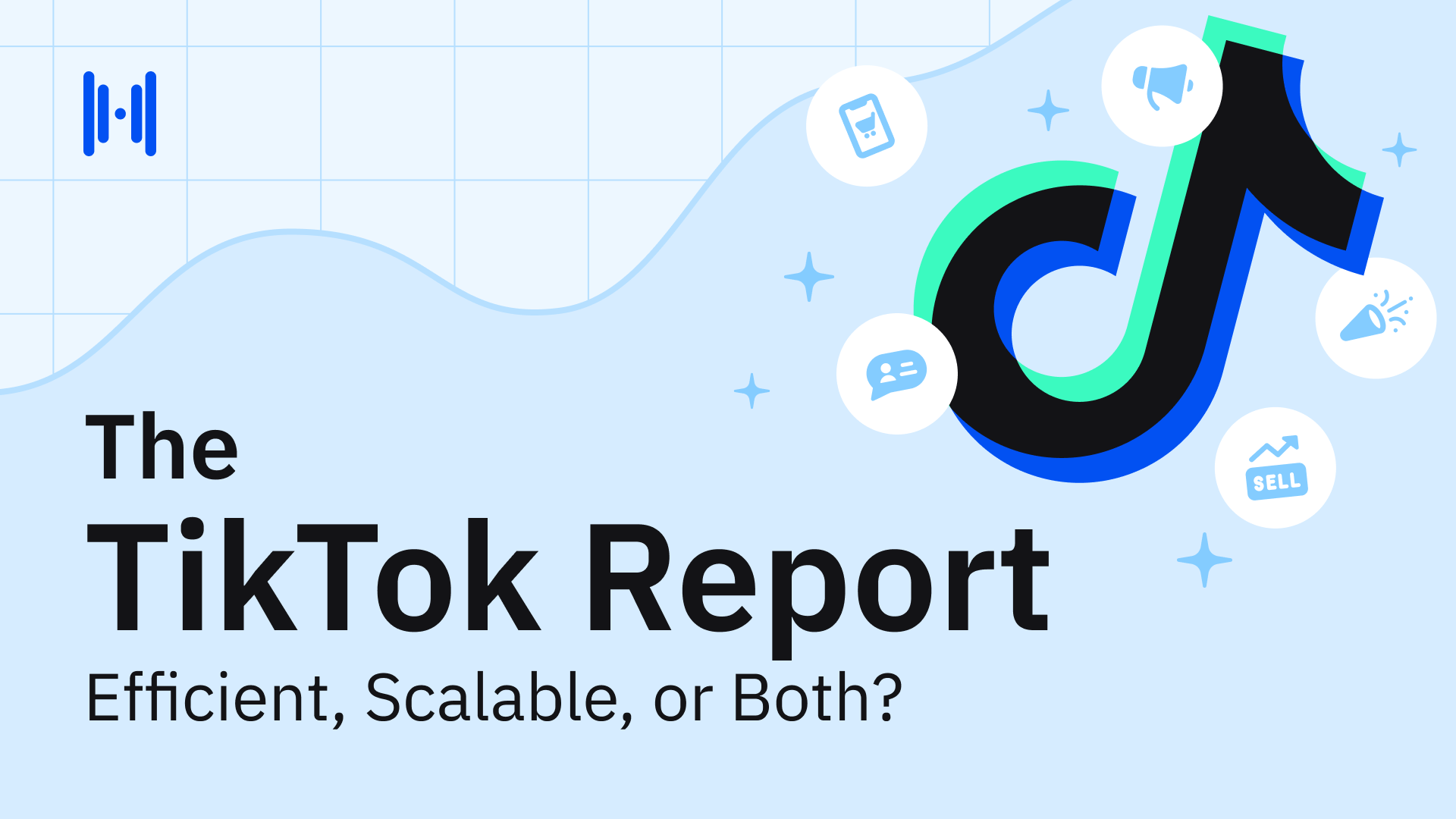

.png)
.png)
.png)
.png)
.png)
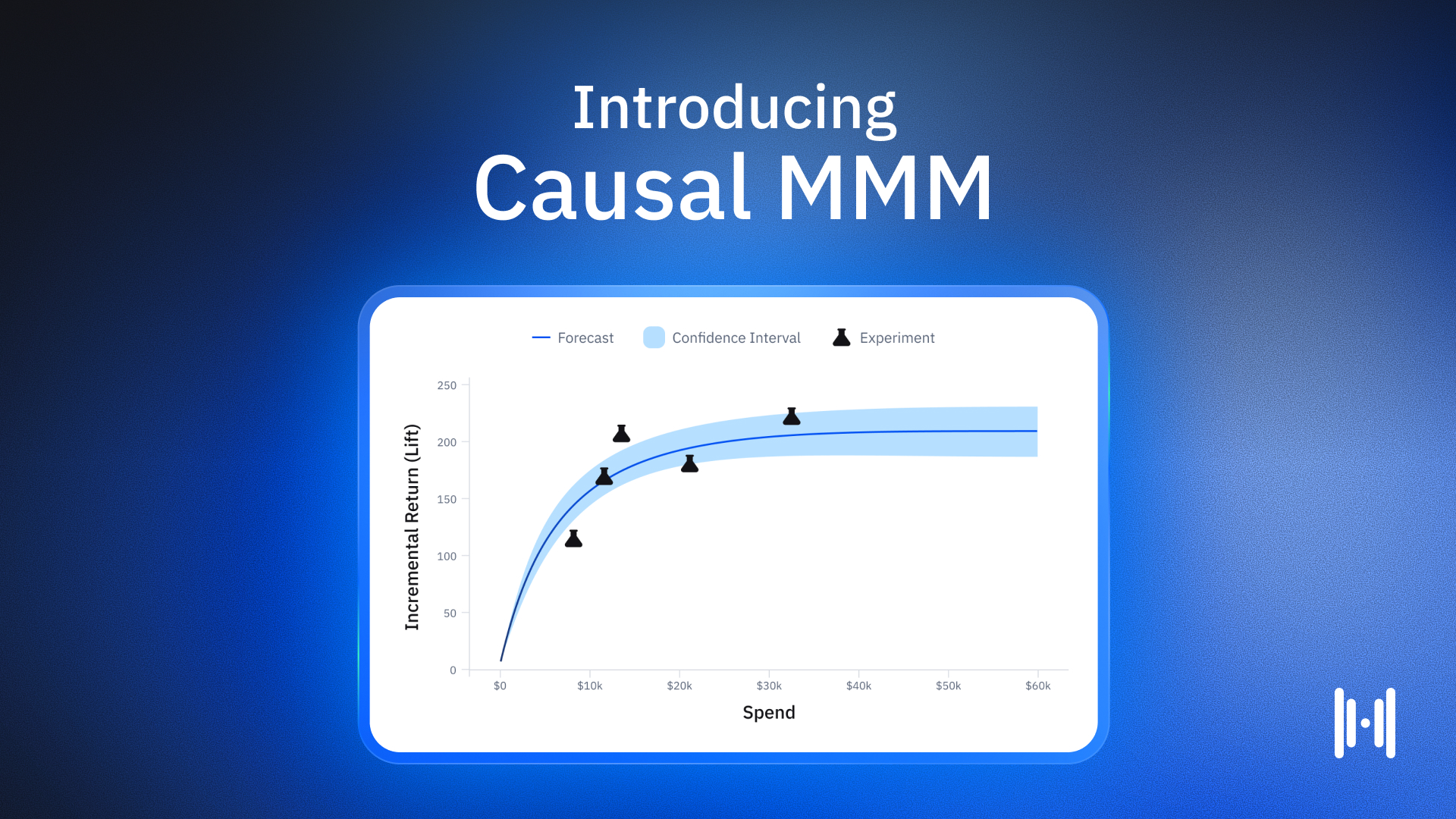
.avif)
.png)
.png)
.png)
.png)
.png)
.png)
.png)
.png)
.png)
.webp)
.webp)
.webp)
.webp)
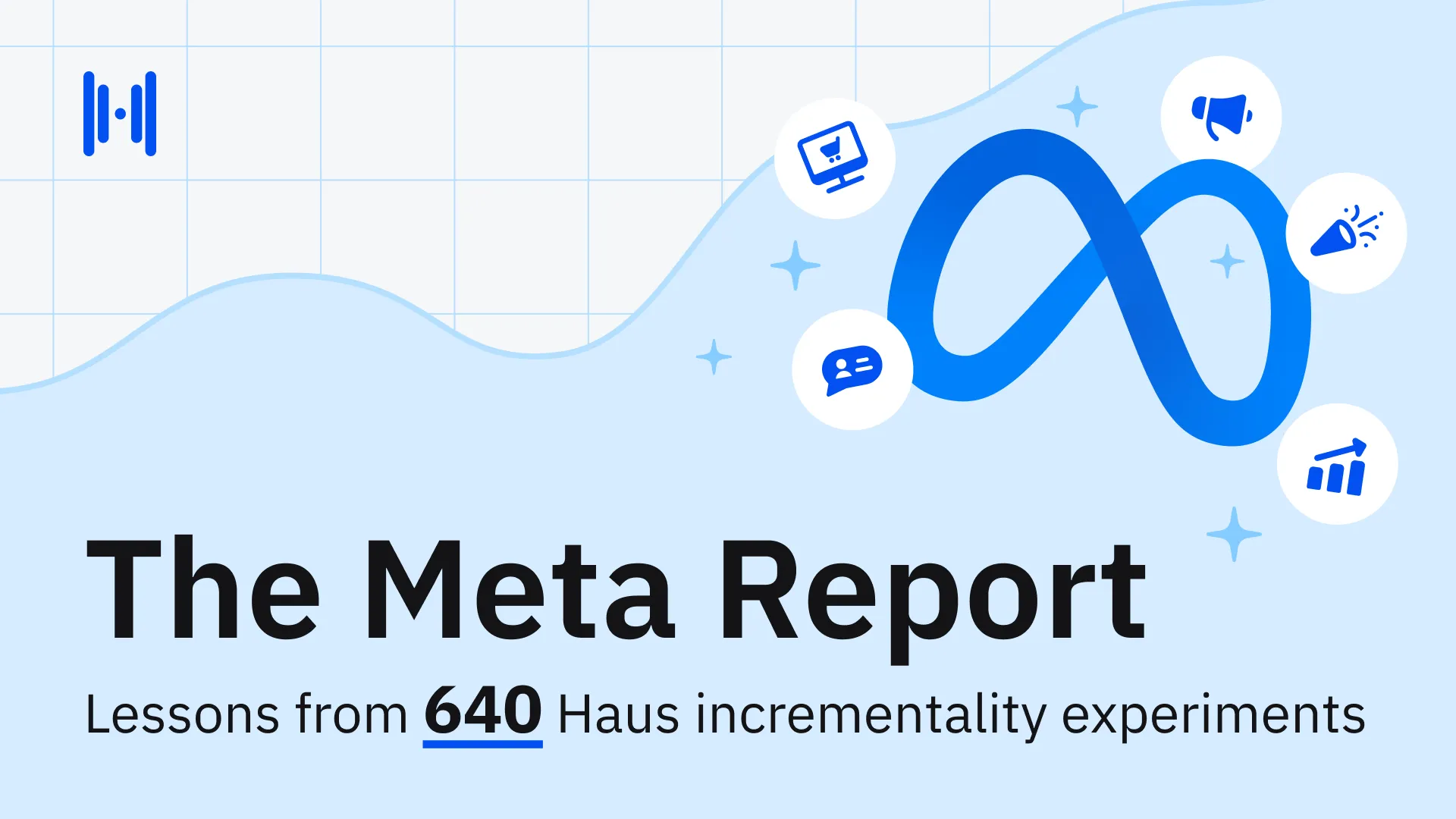
.webp)
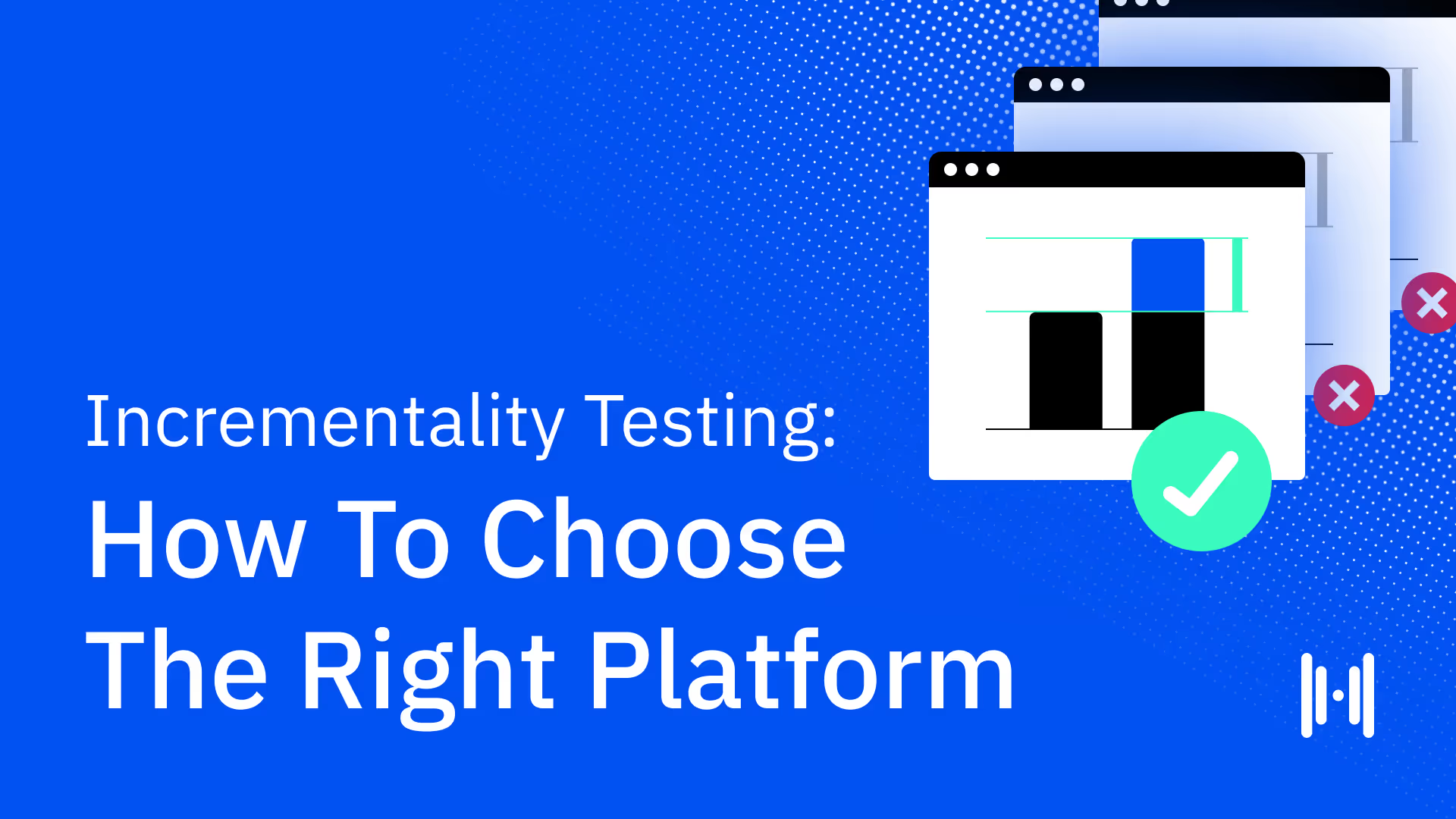
.webp)
.webp)
.webp)
.webp)
.webp)
.webp)
.webp)
.webp)
.webp)
.webp)
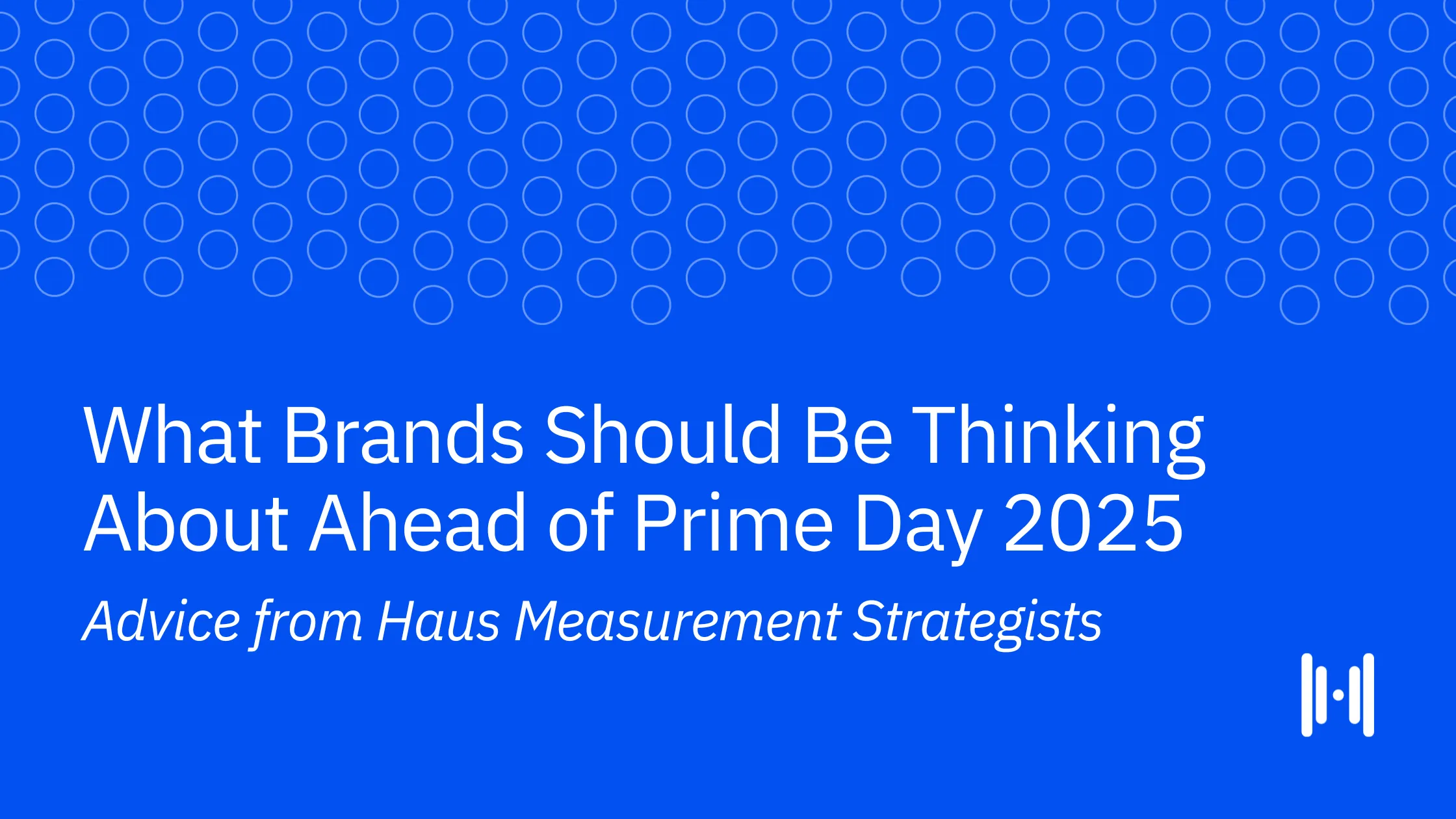
.webp)
.webp)
.webp)
.webp)
.webp)
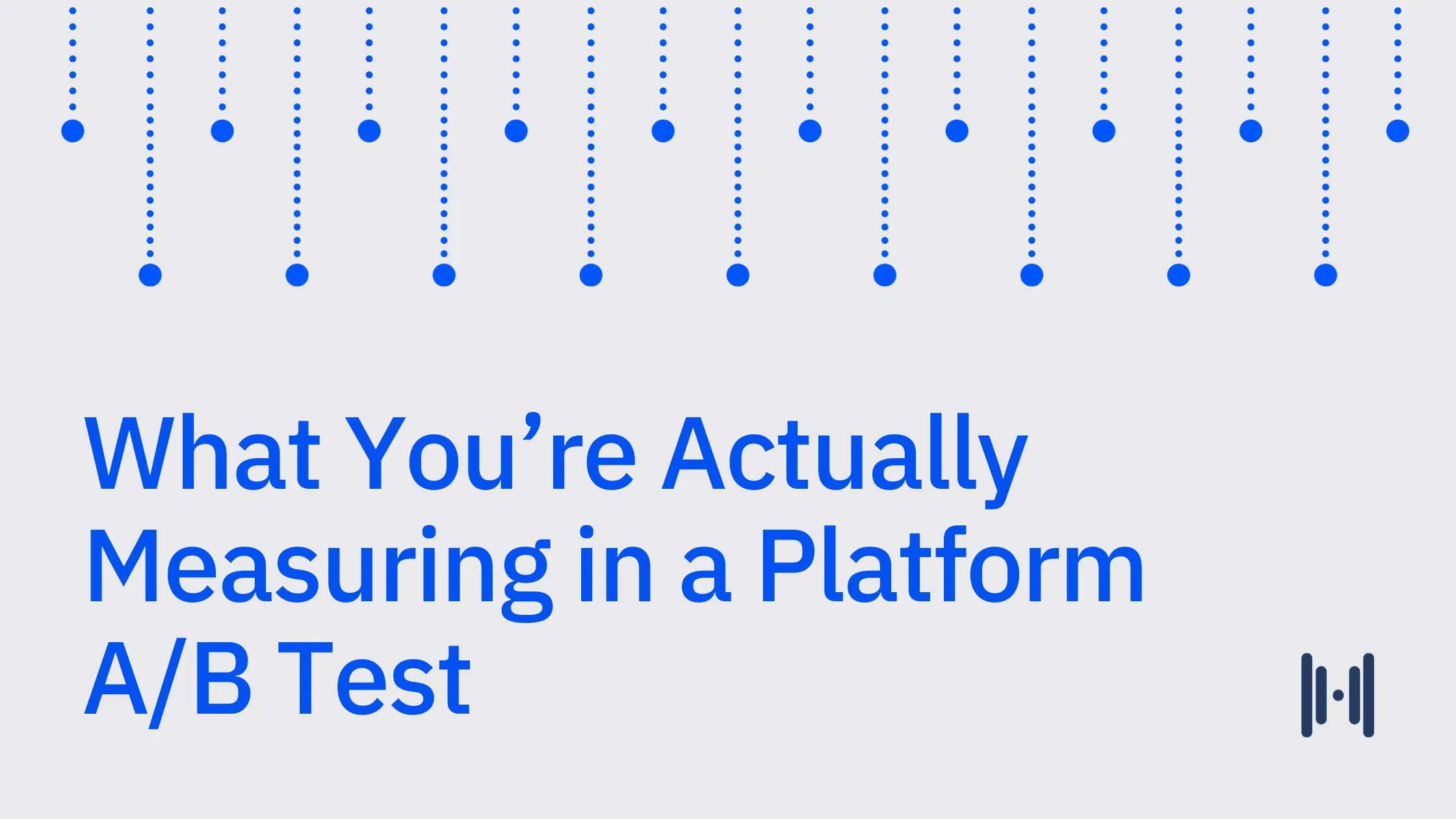
.webp)
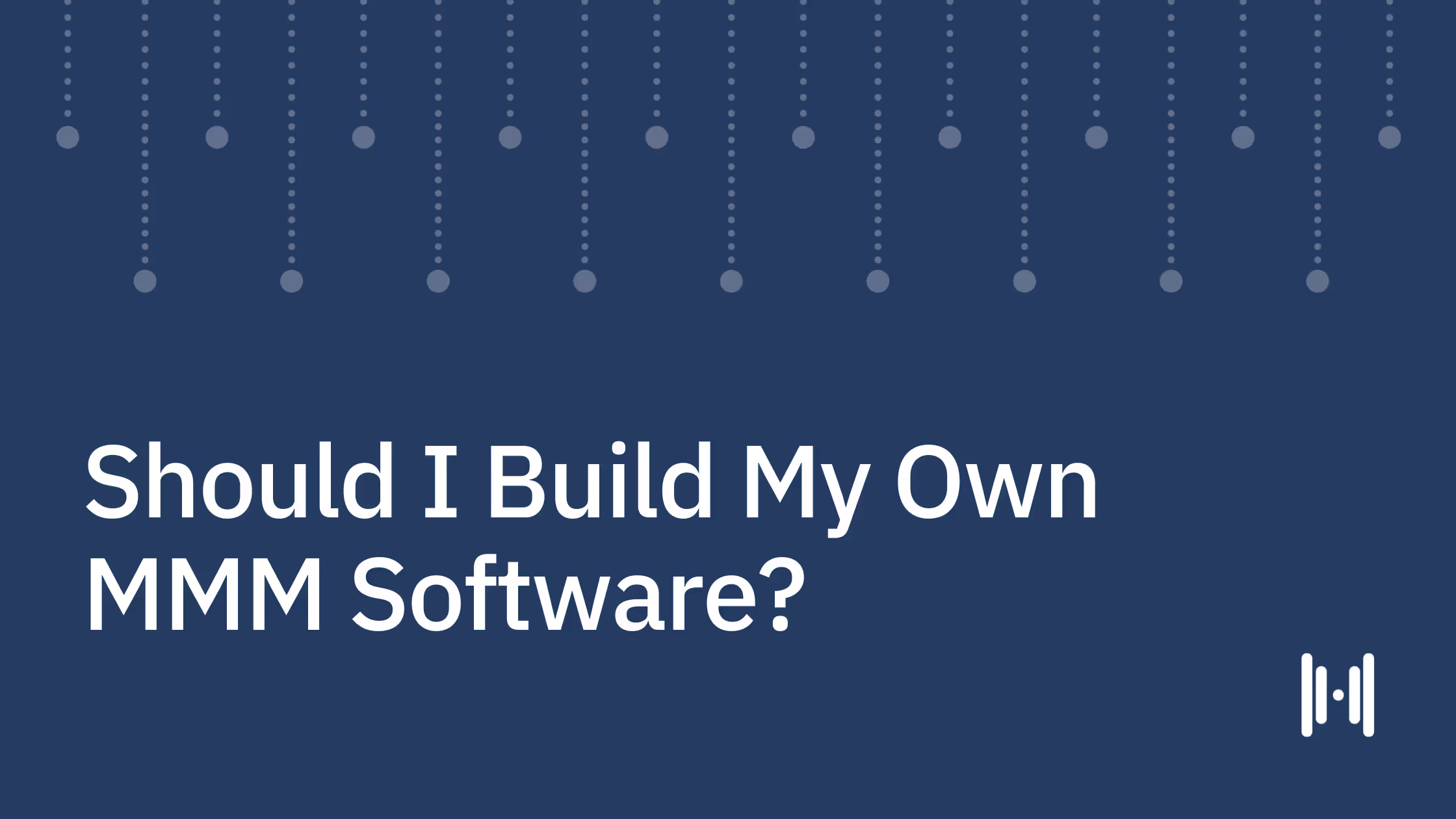
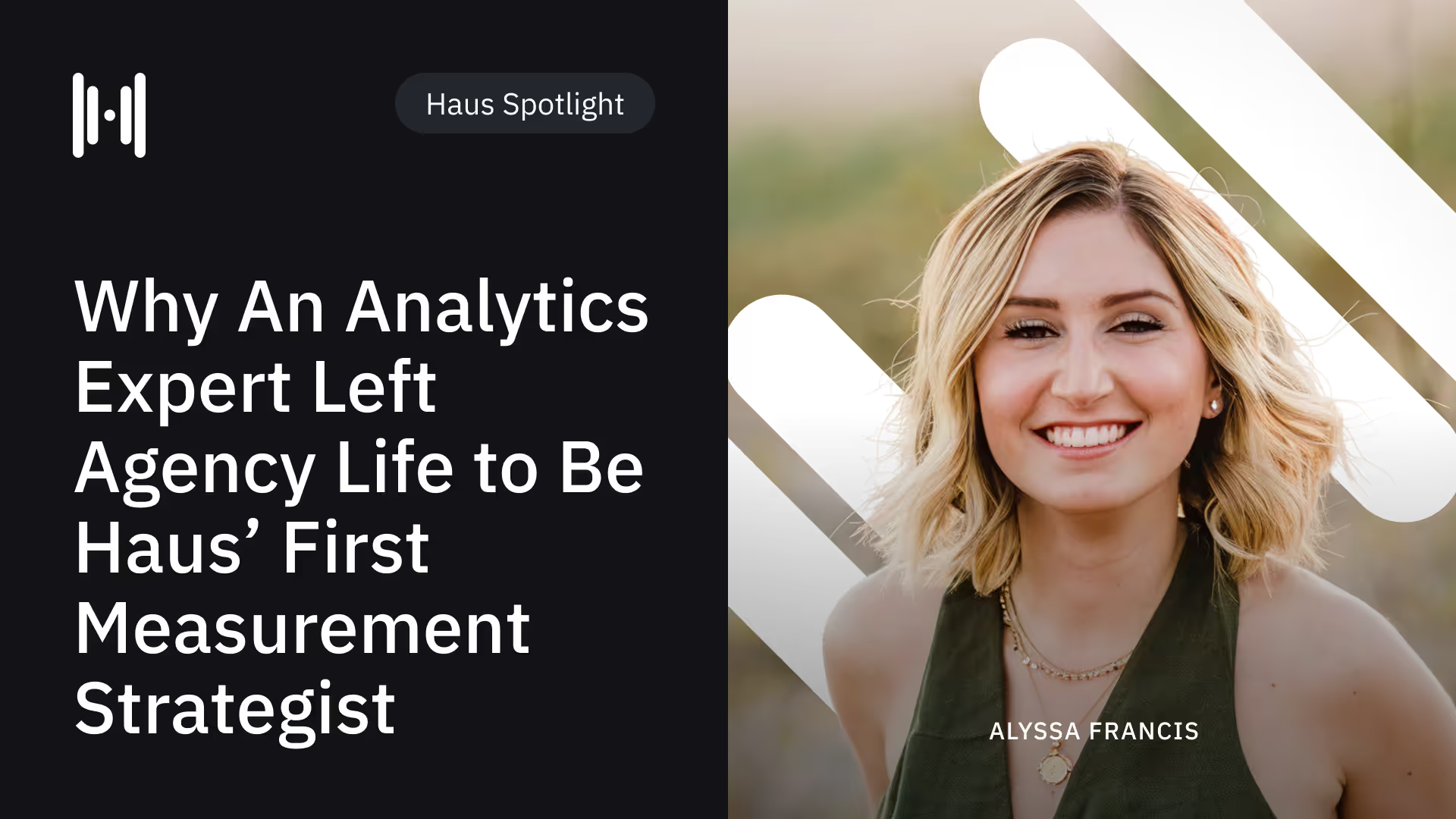
.avif)
.avif)

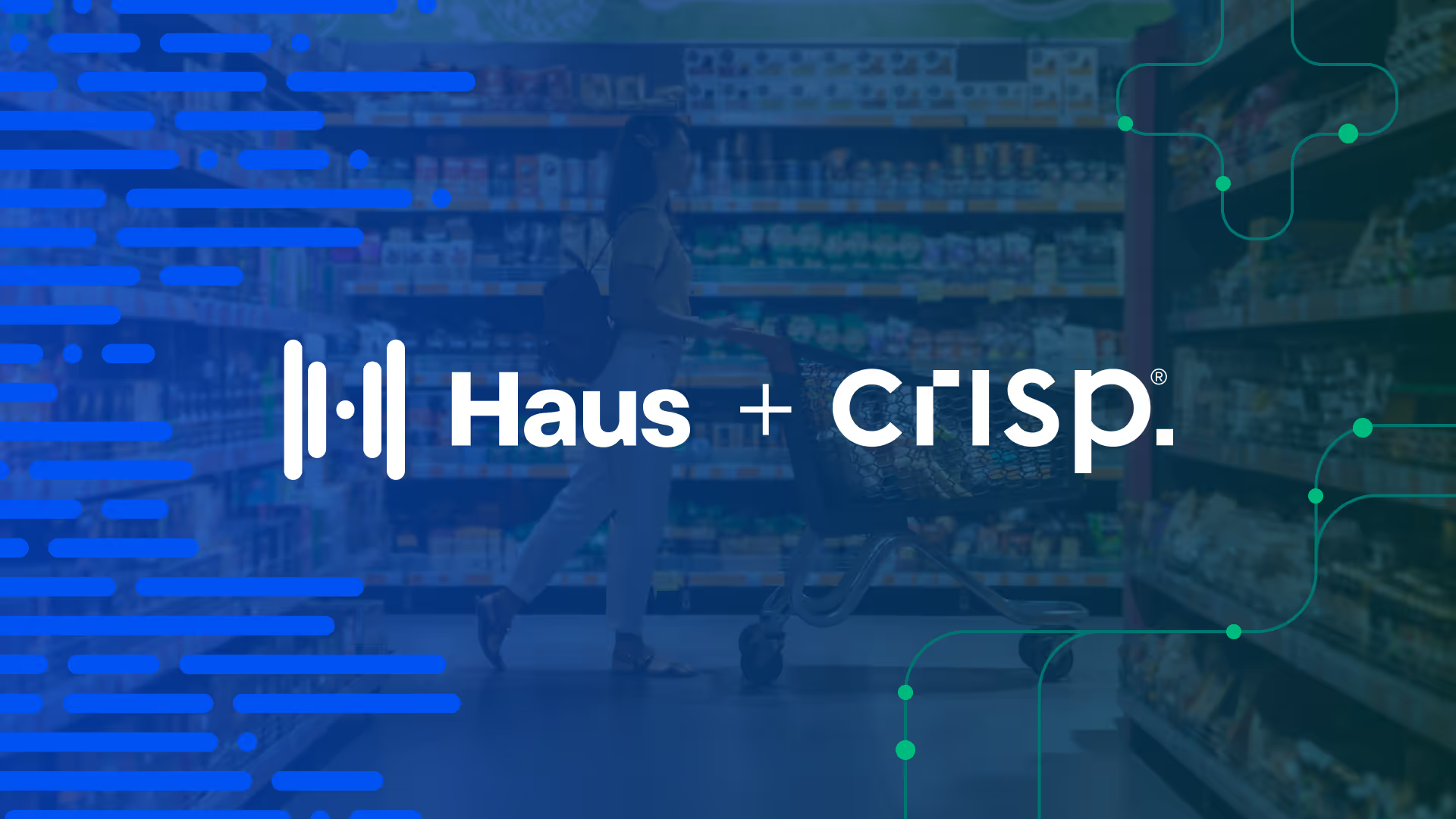
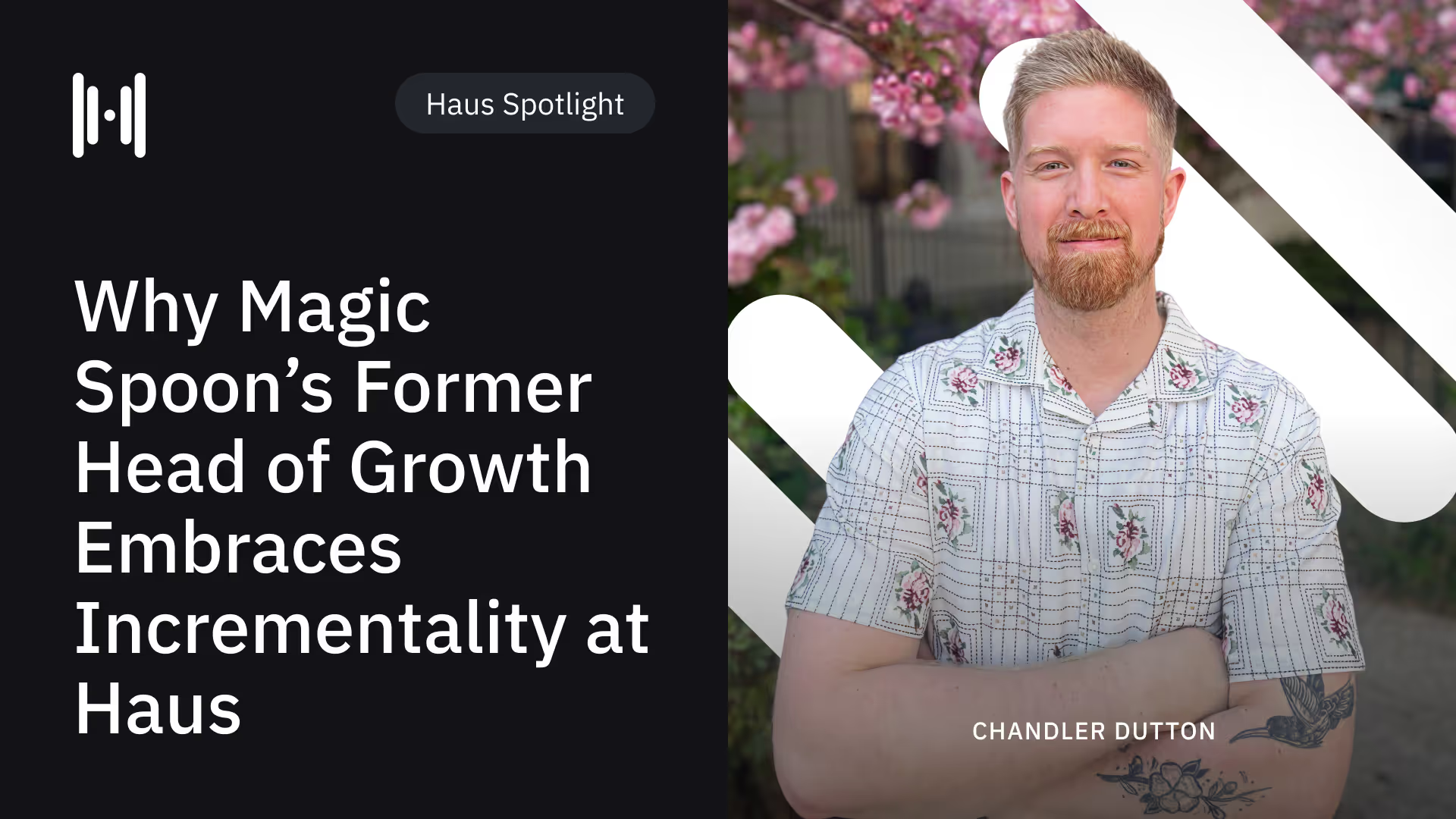
.avif)
.avif)
.avif)

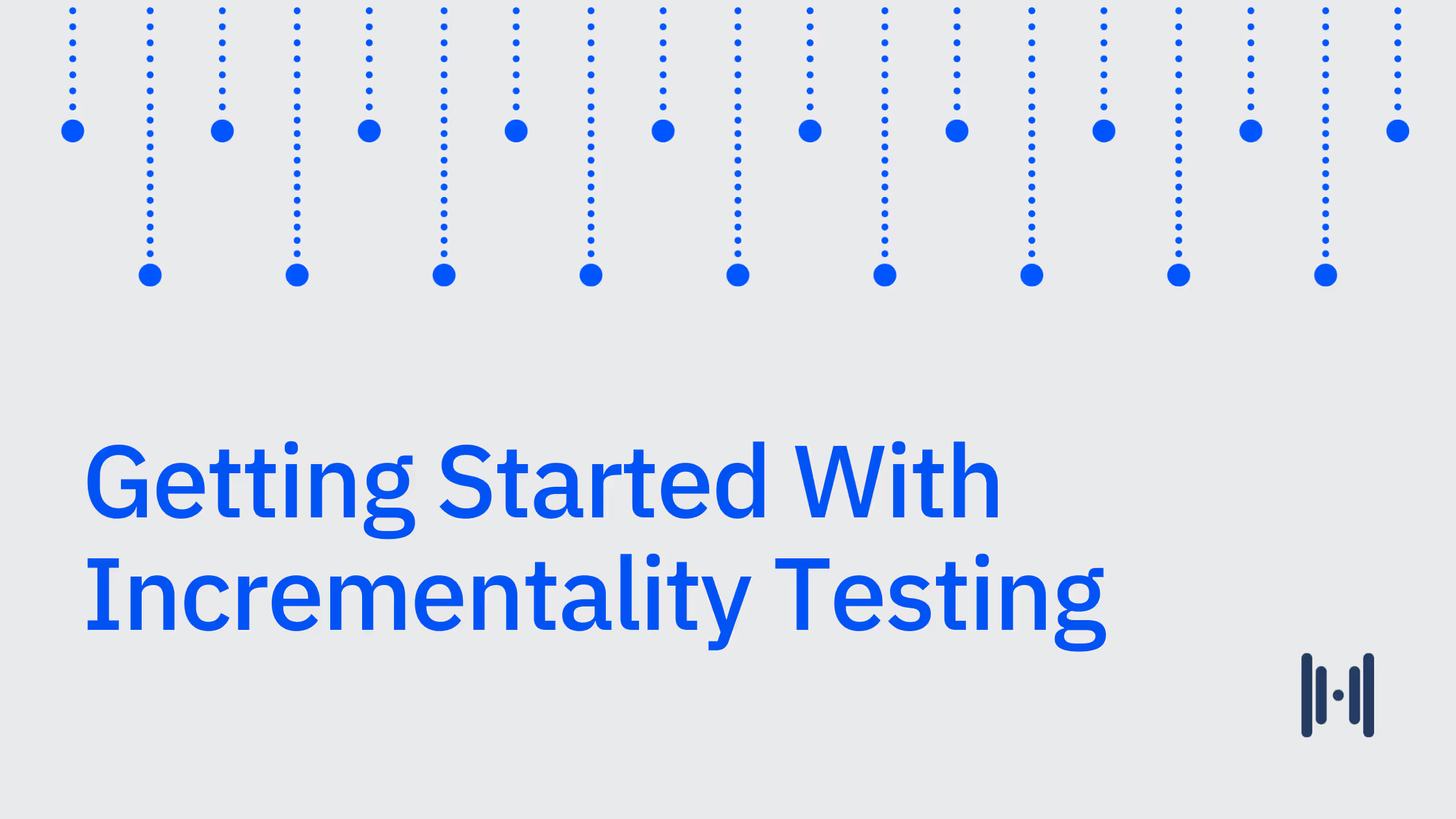
.avif)
.avif)
.avif)
.avif)
.avif)
.avif)
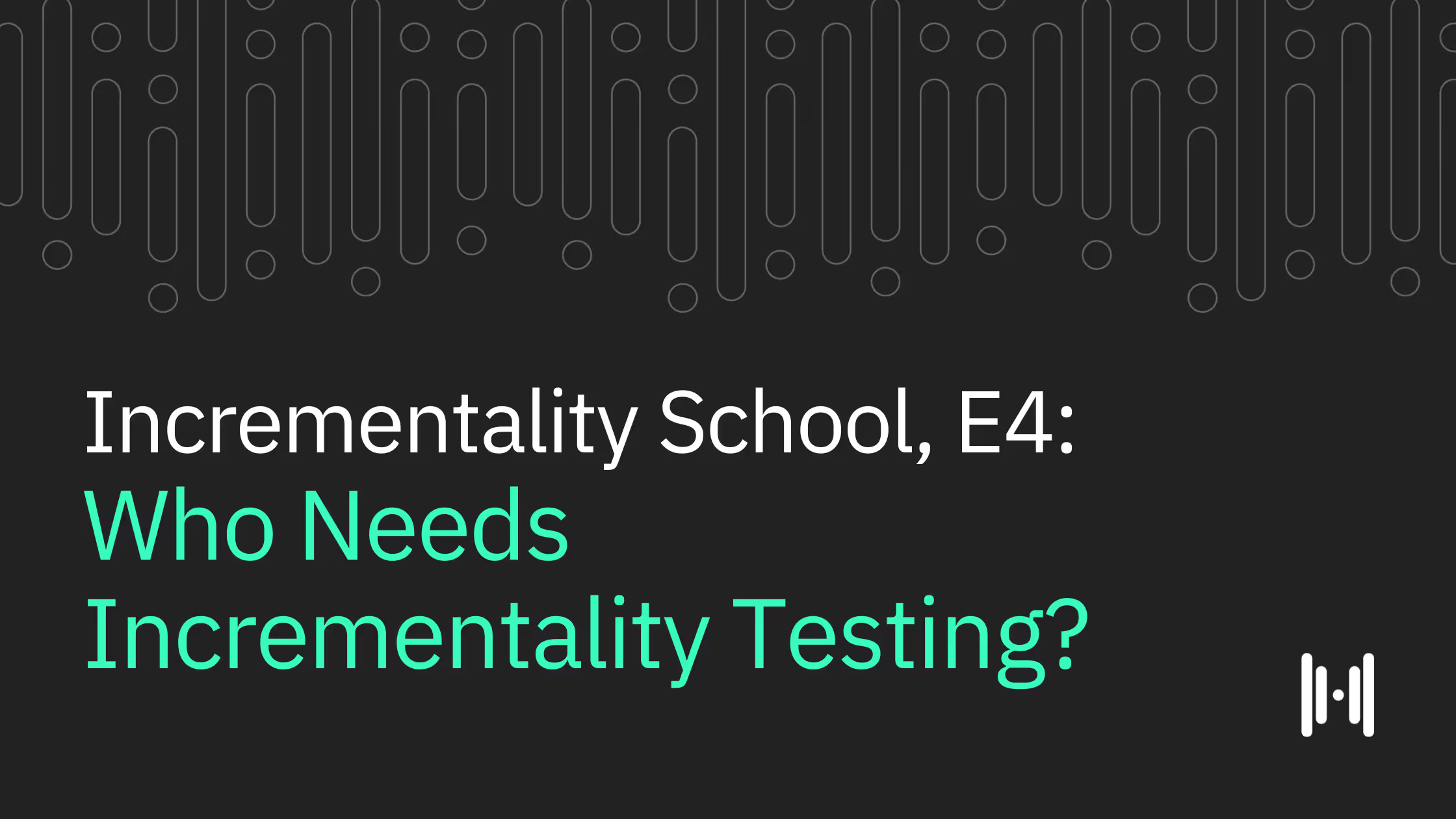
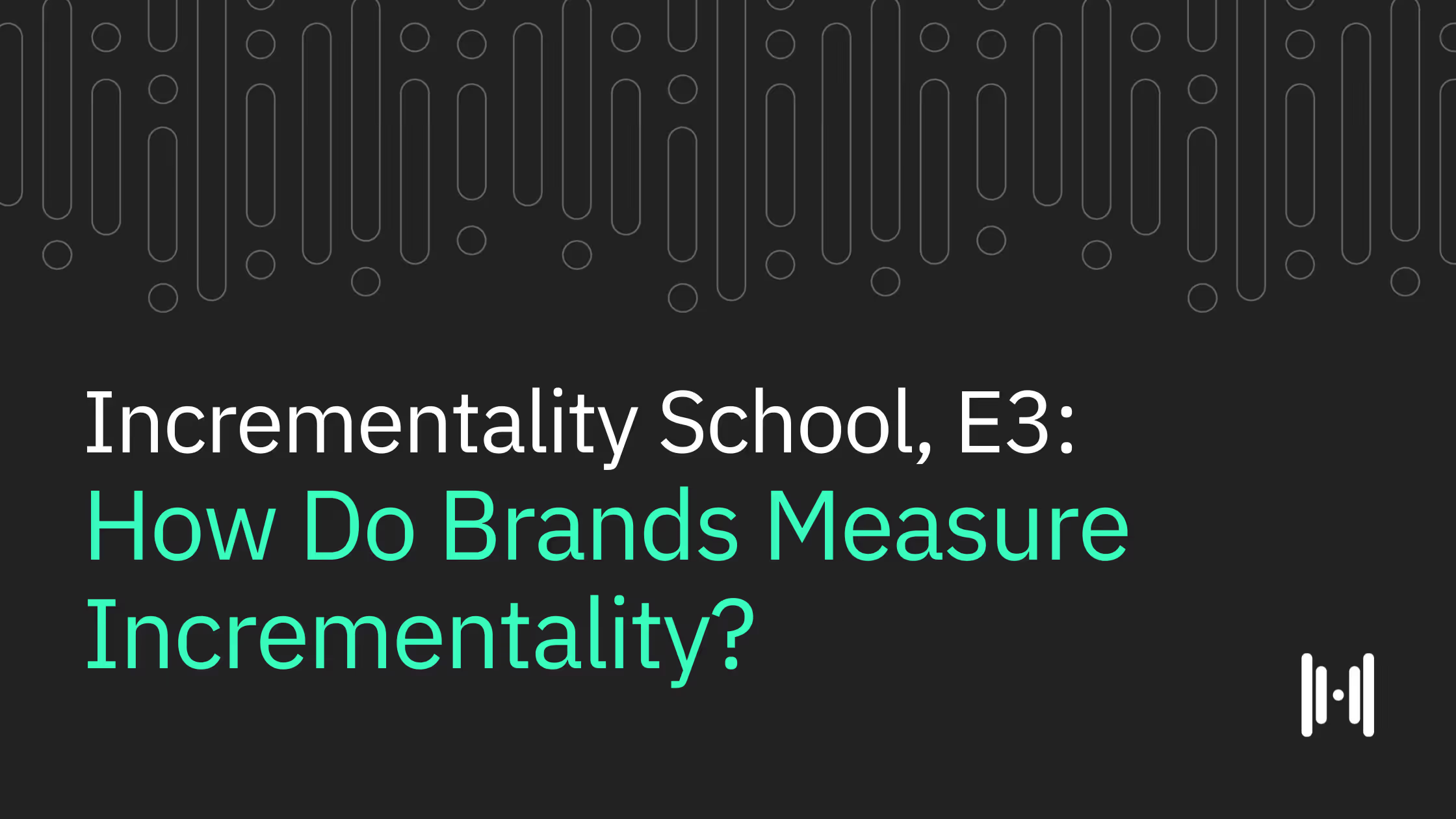
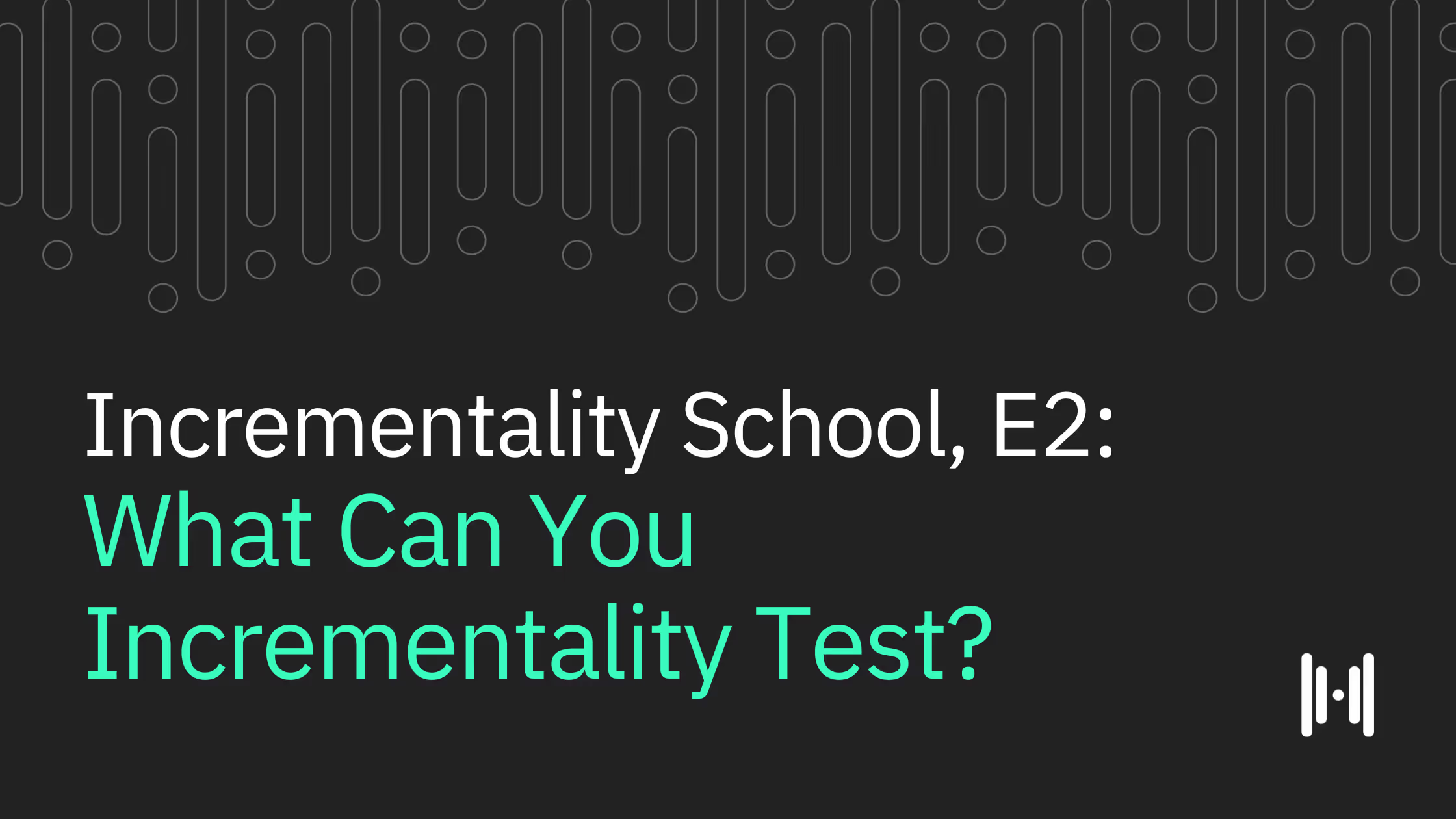
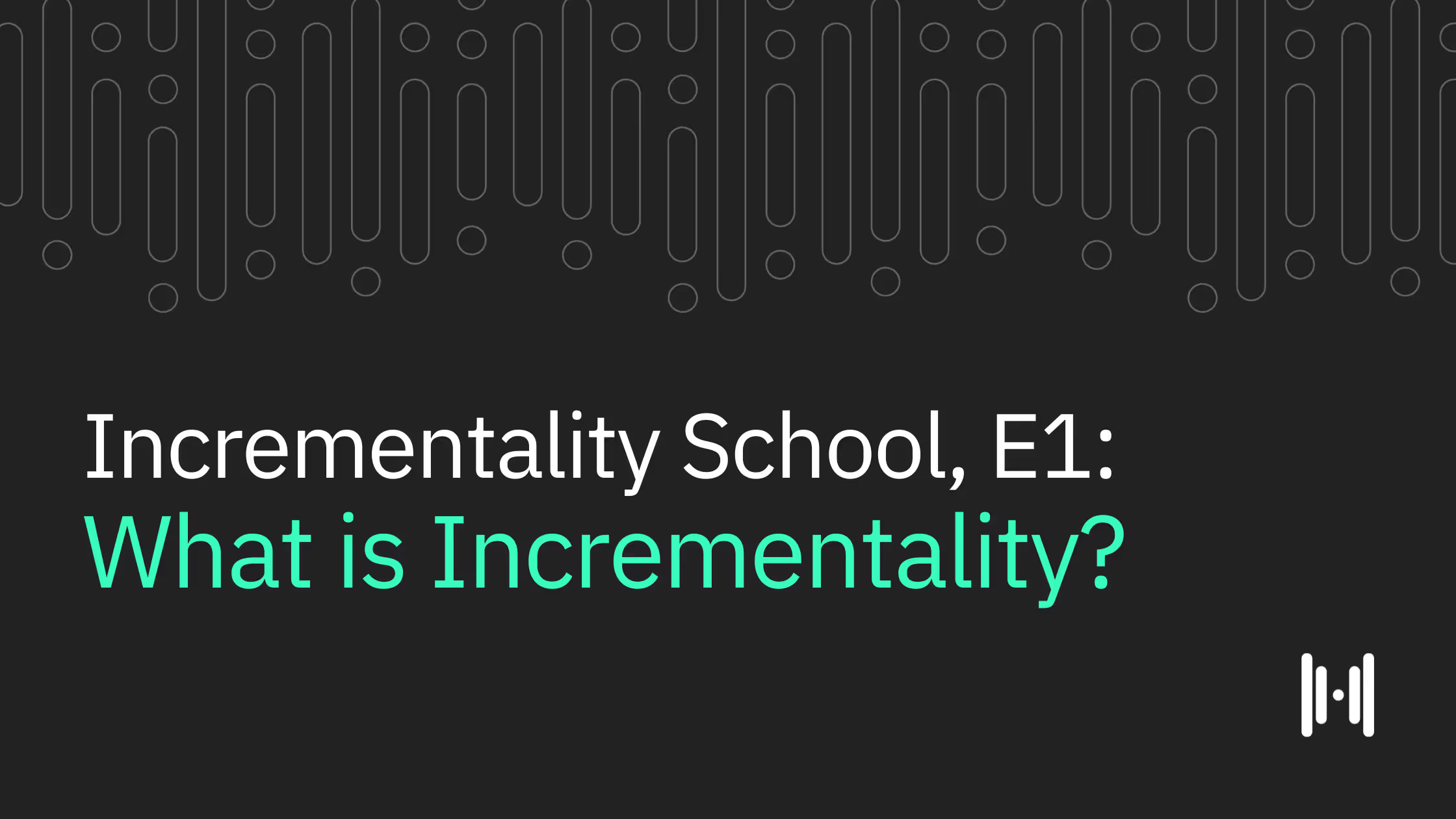
.png)
.avif)
.png)
.avif)
